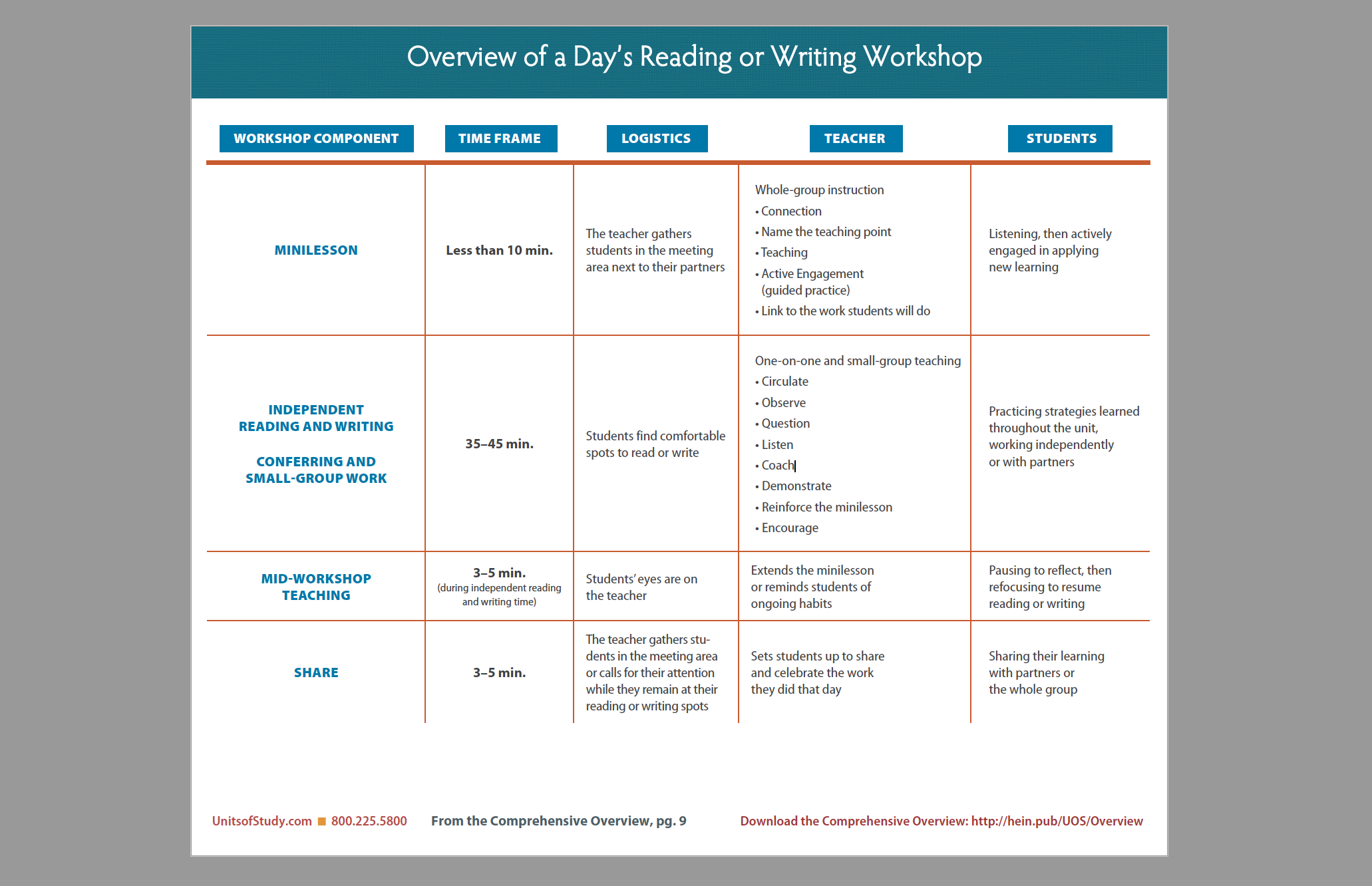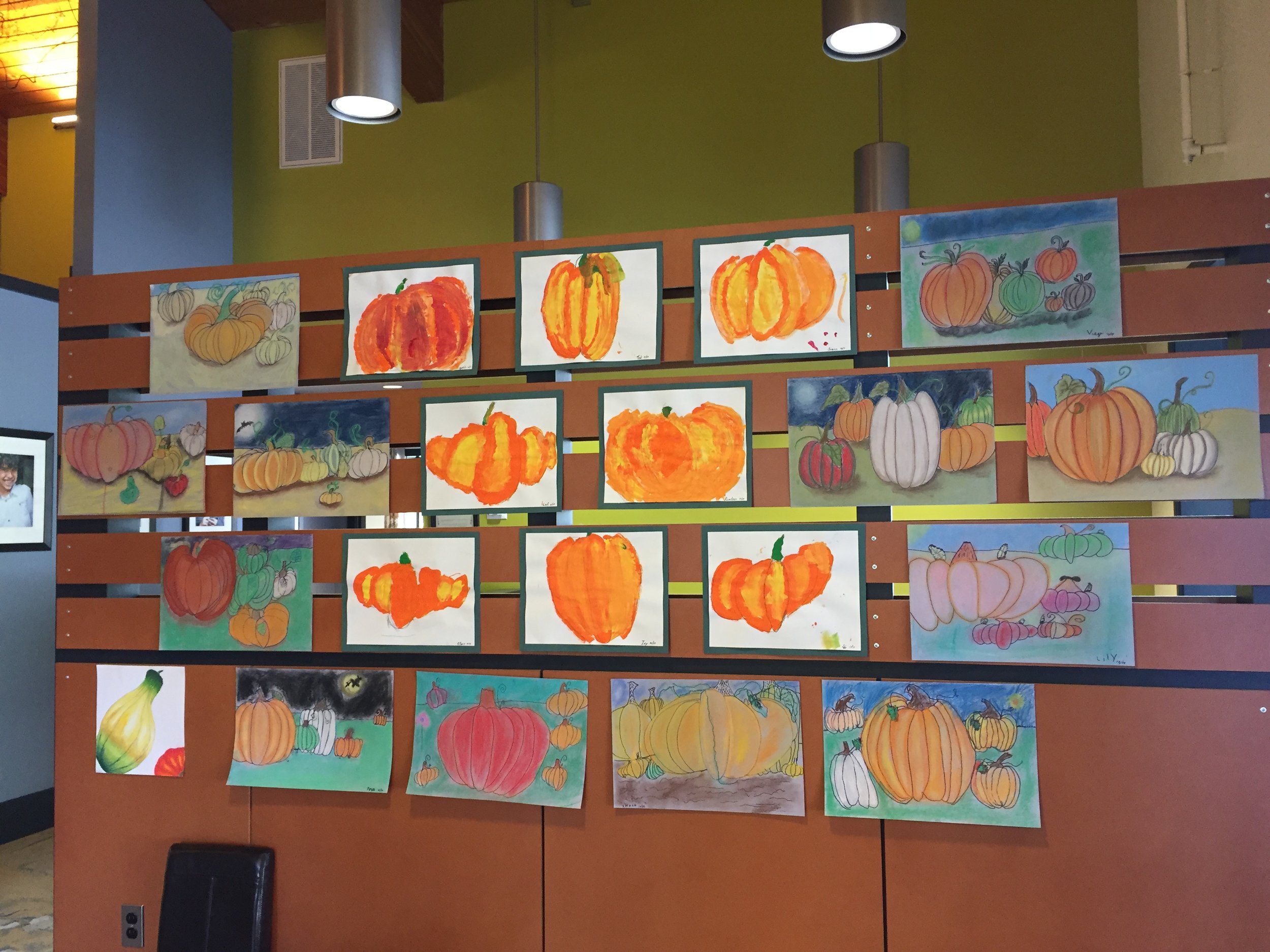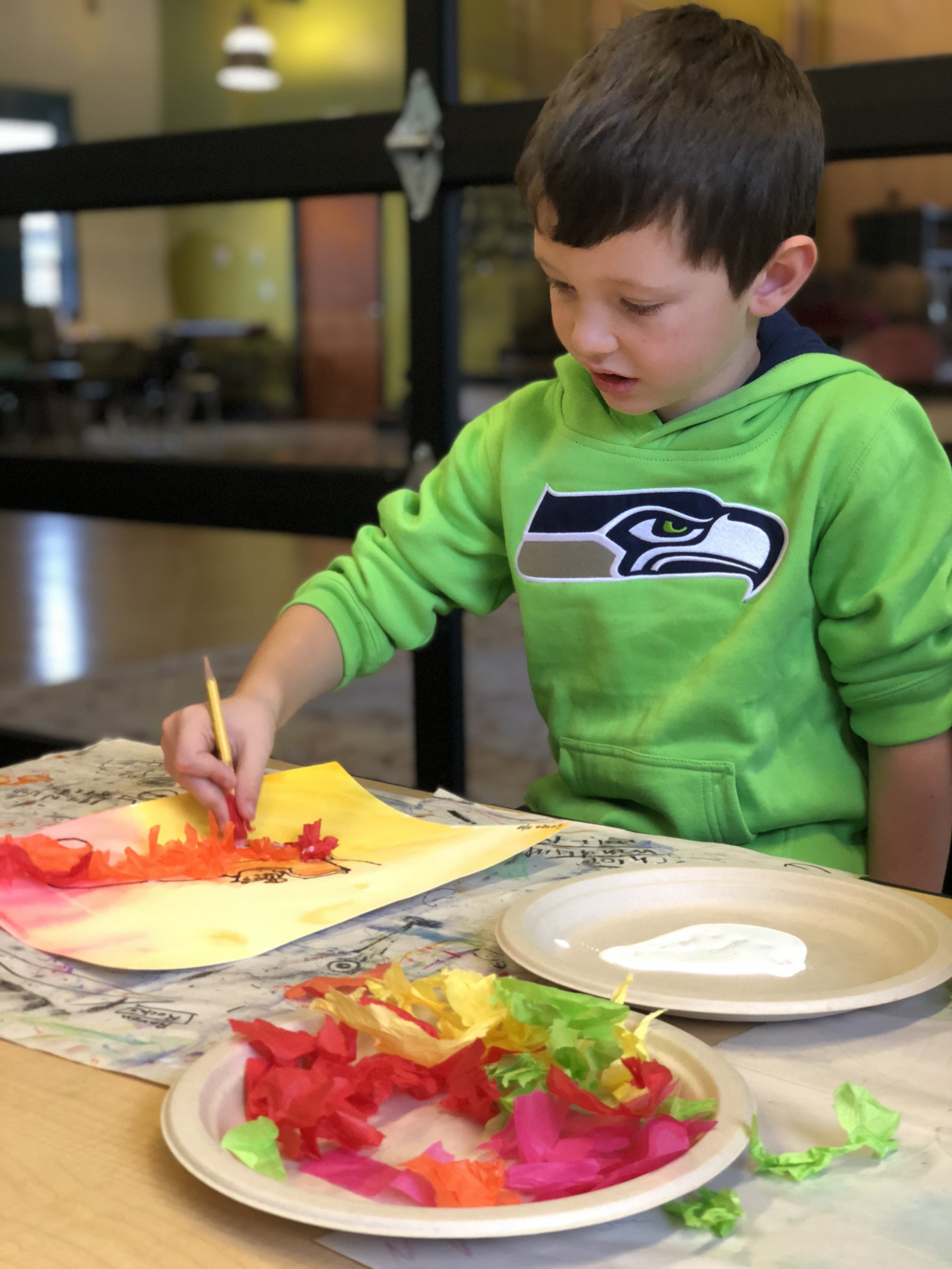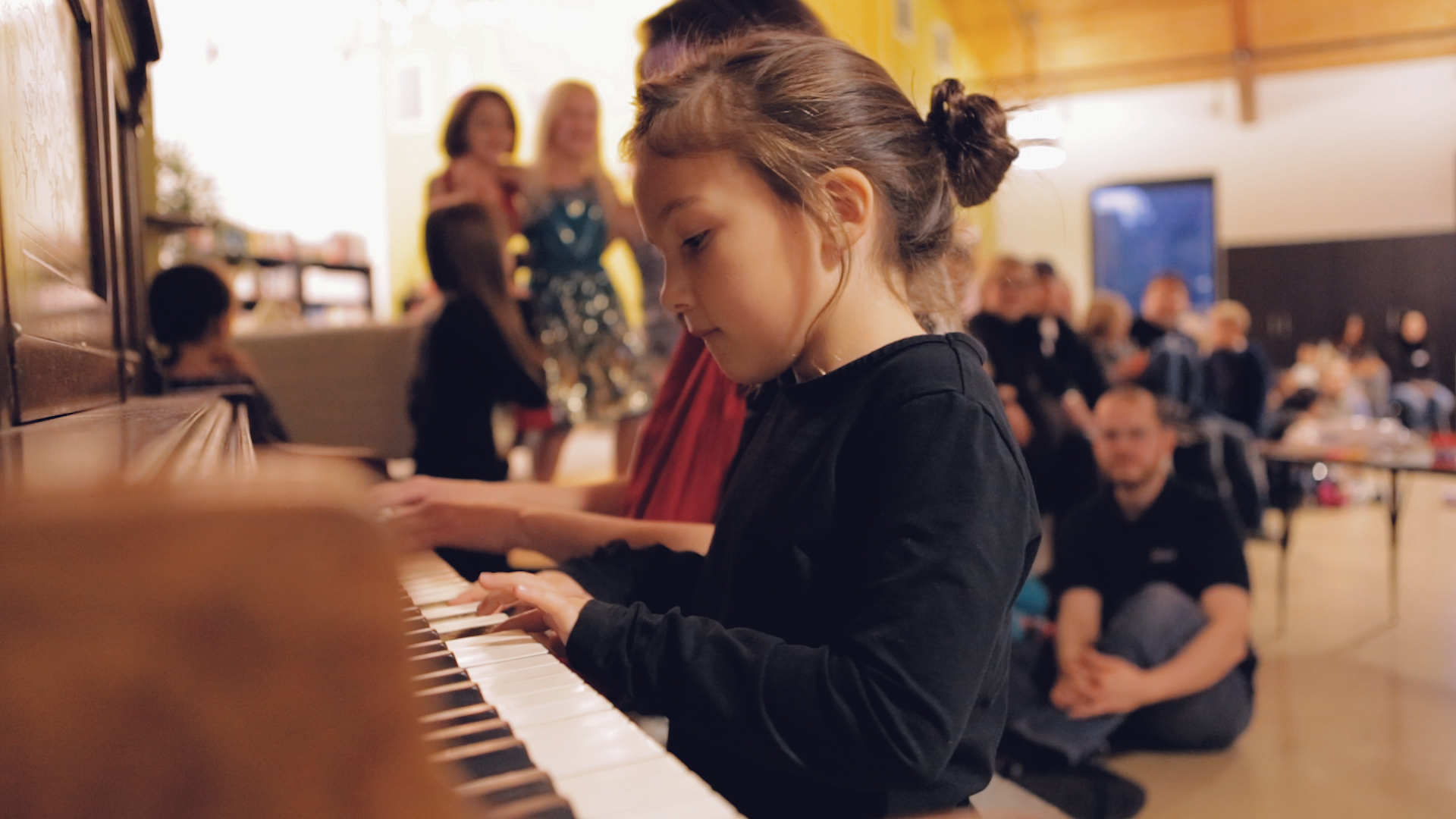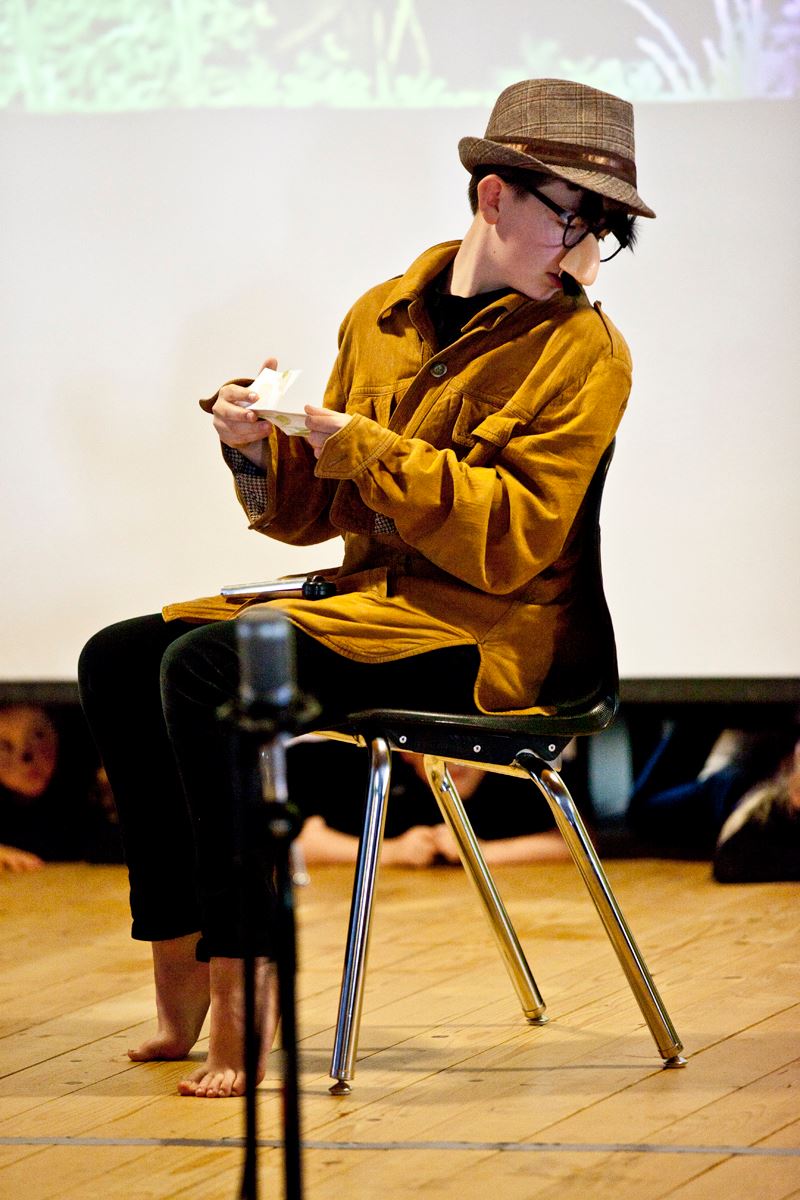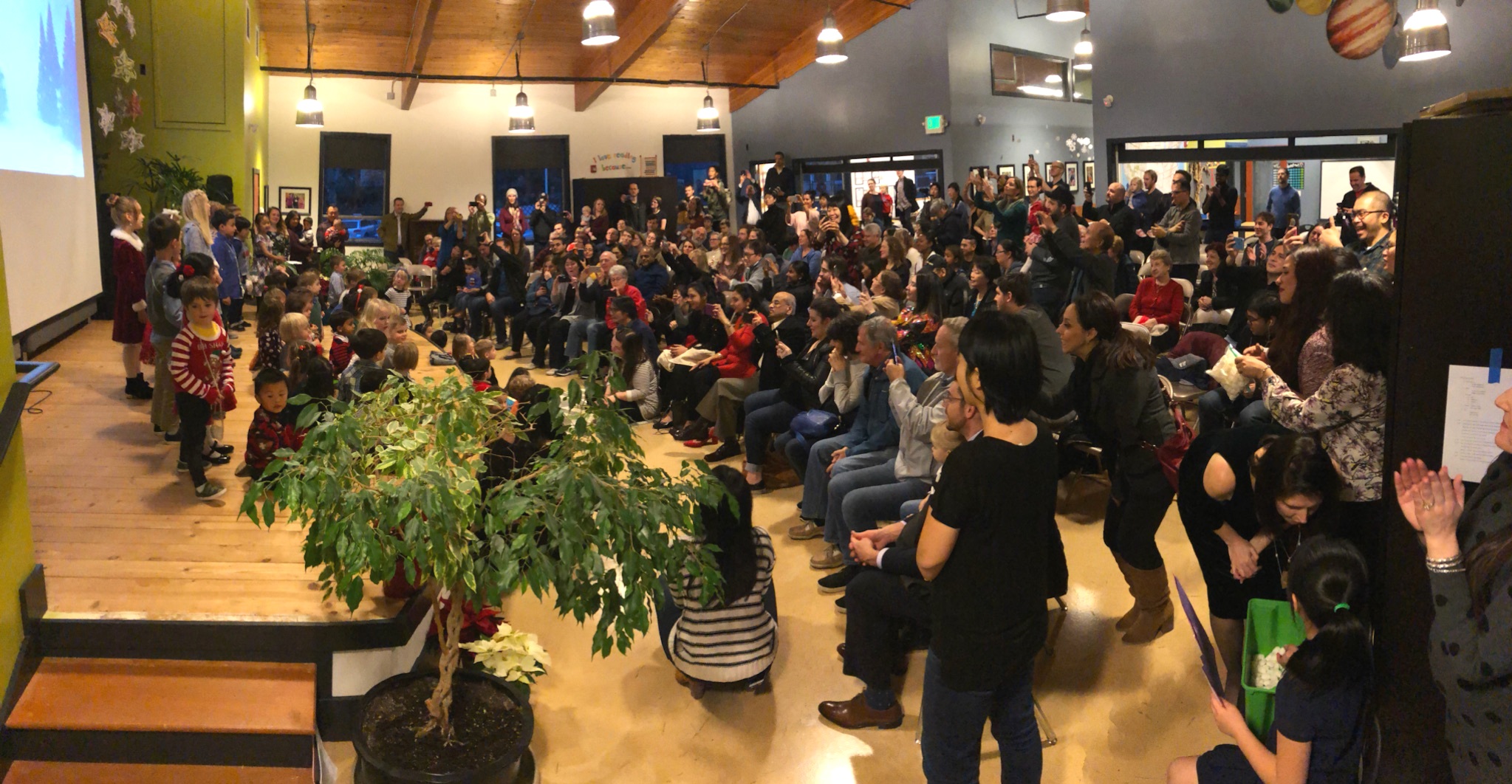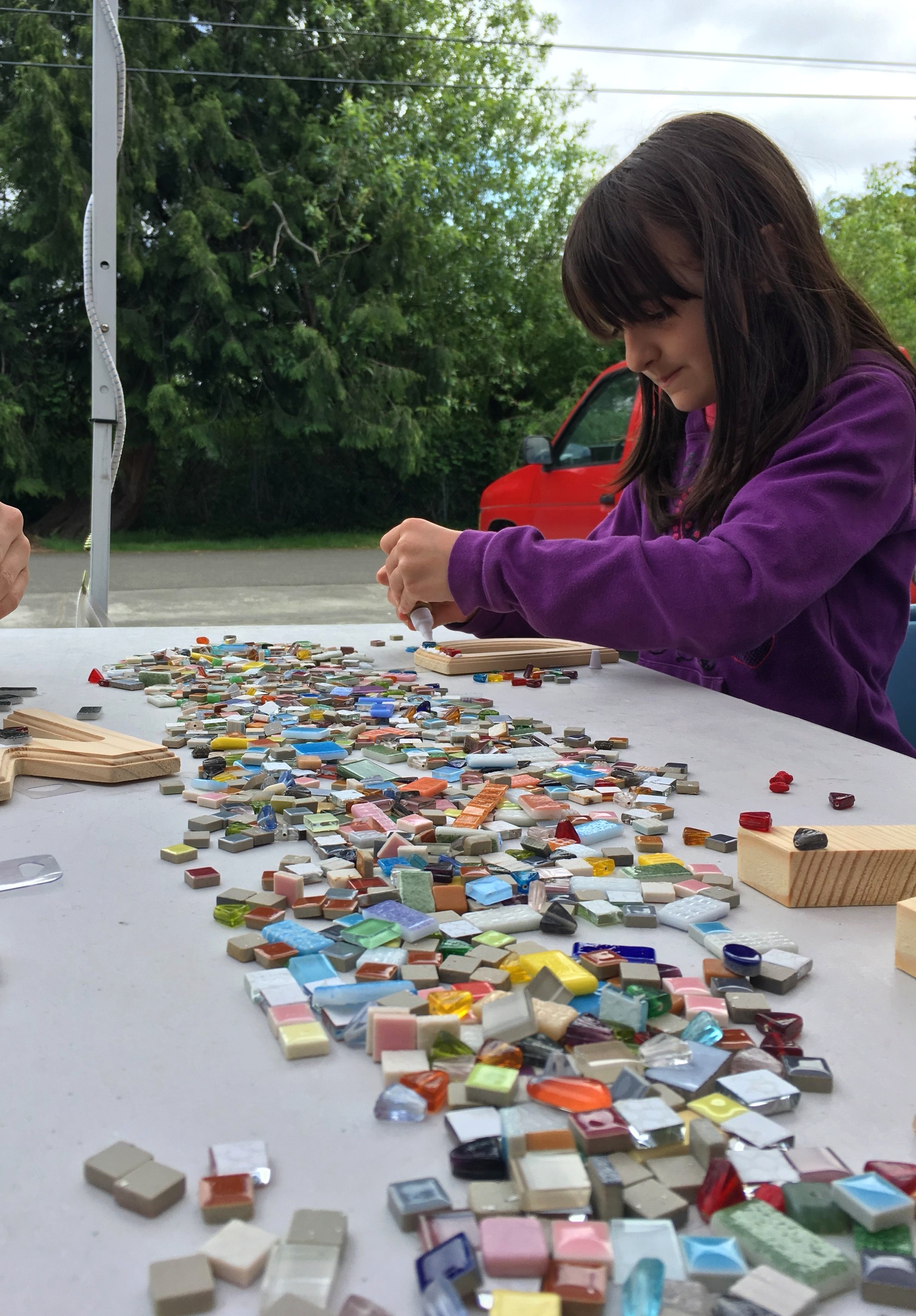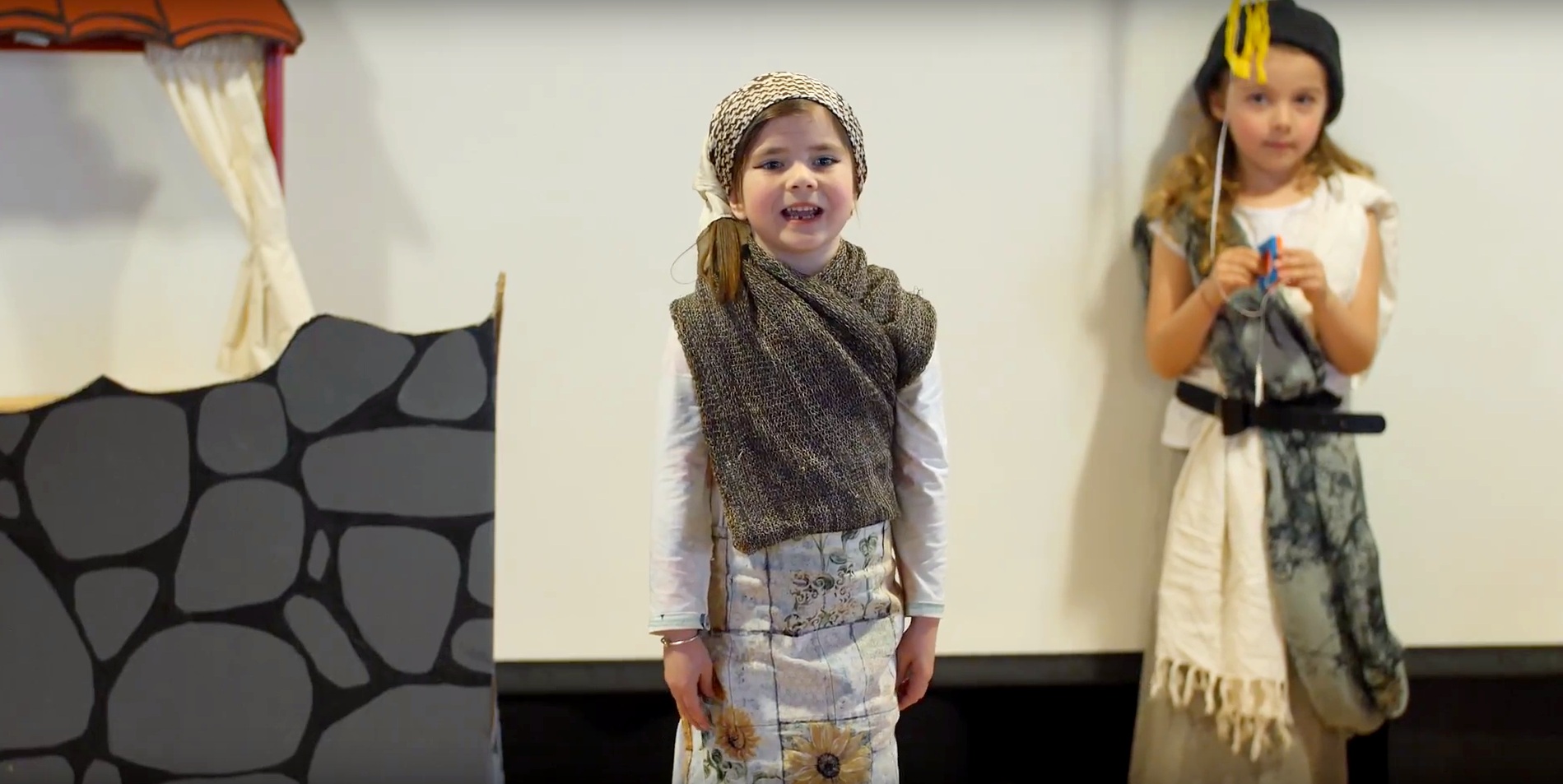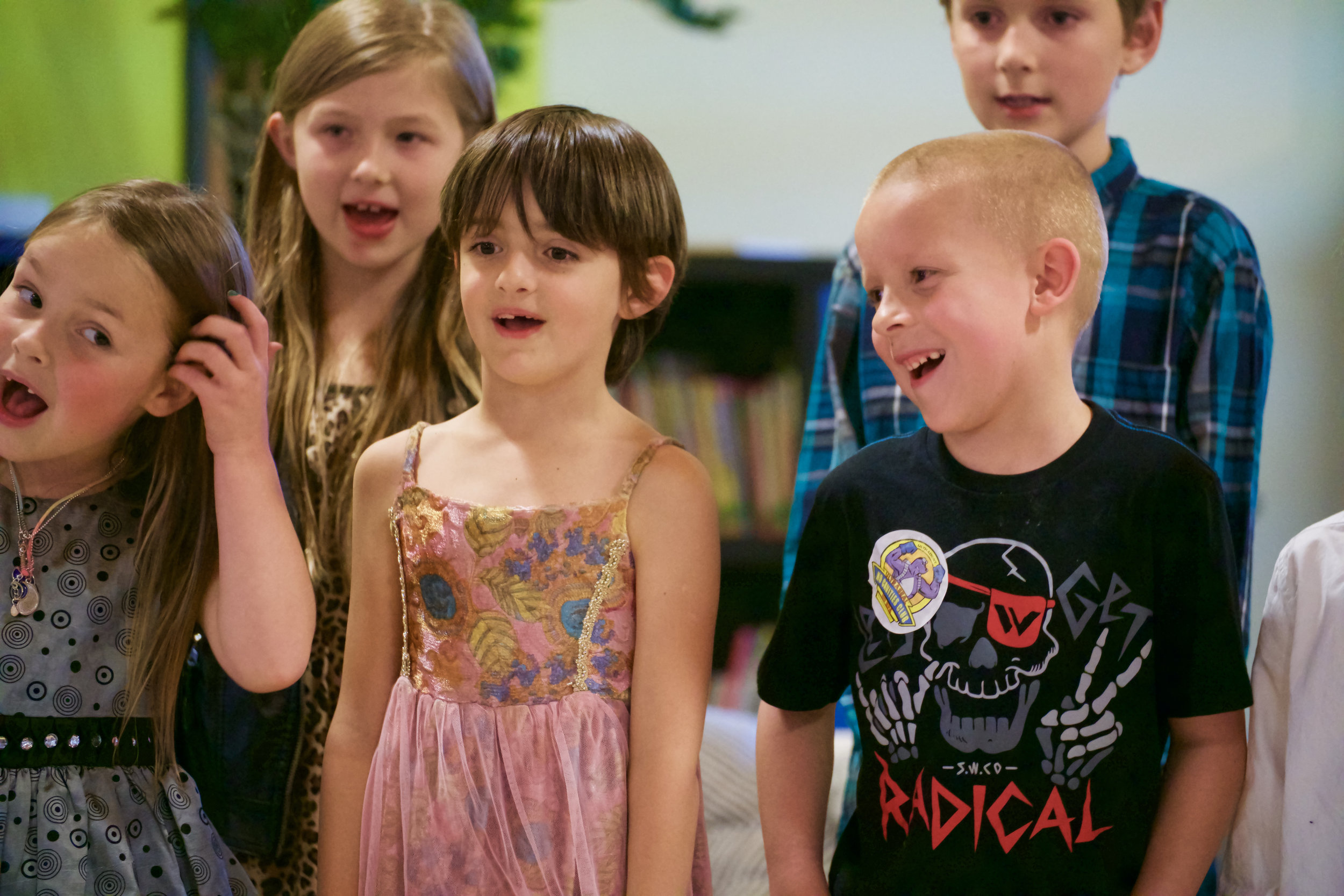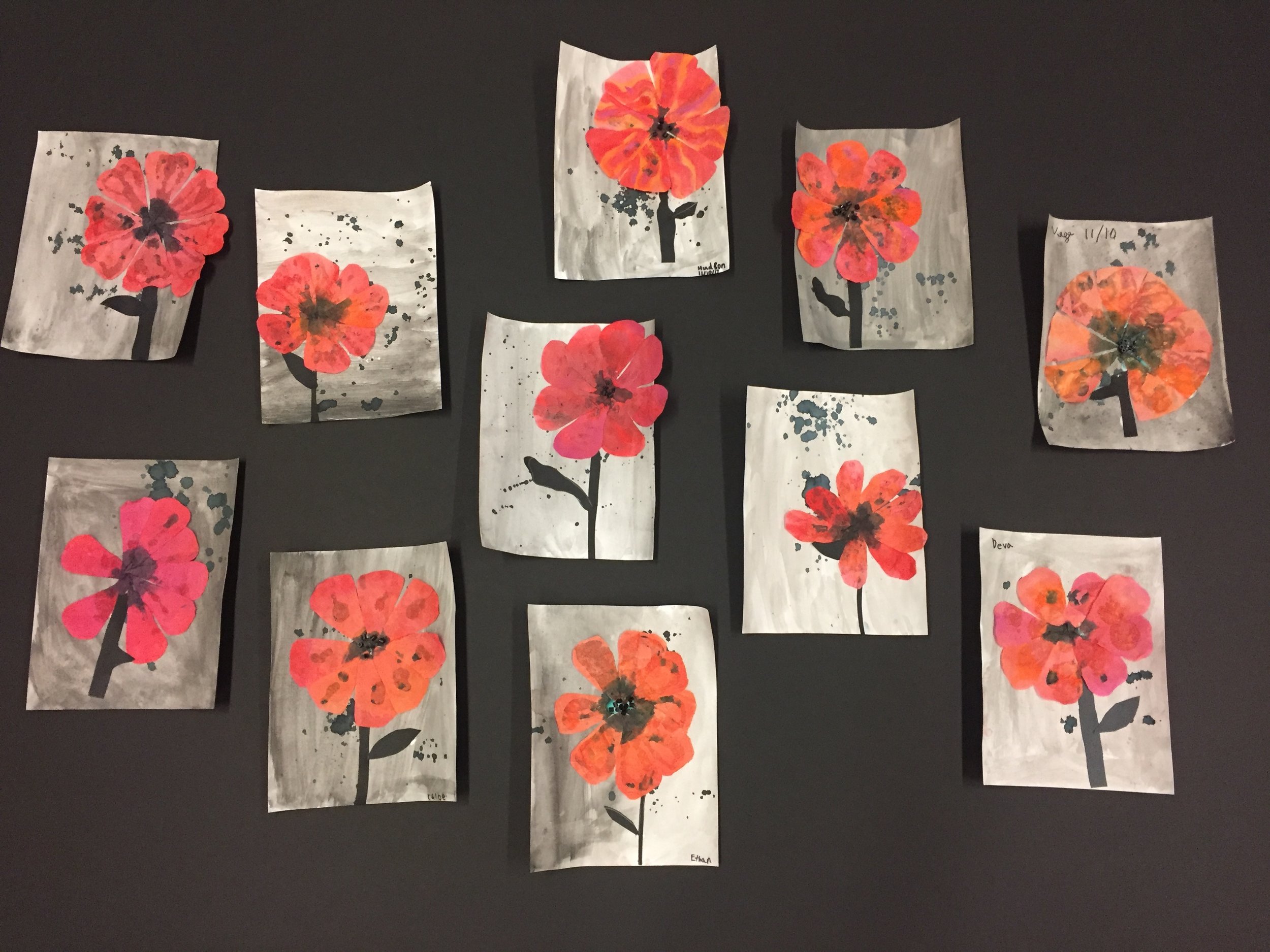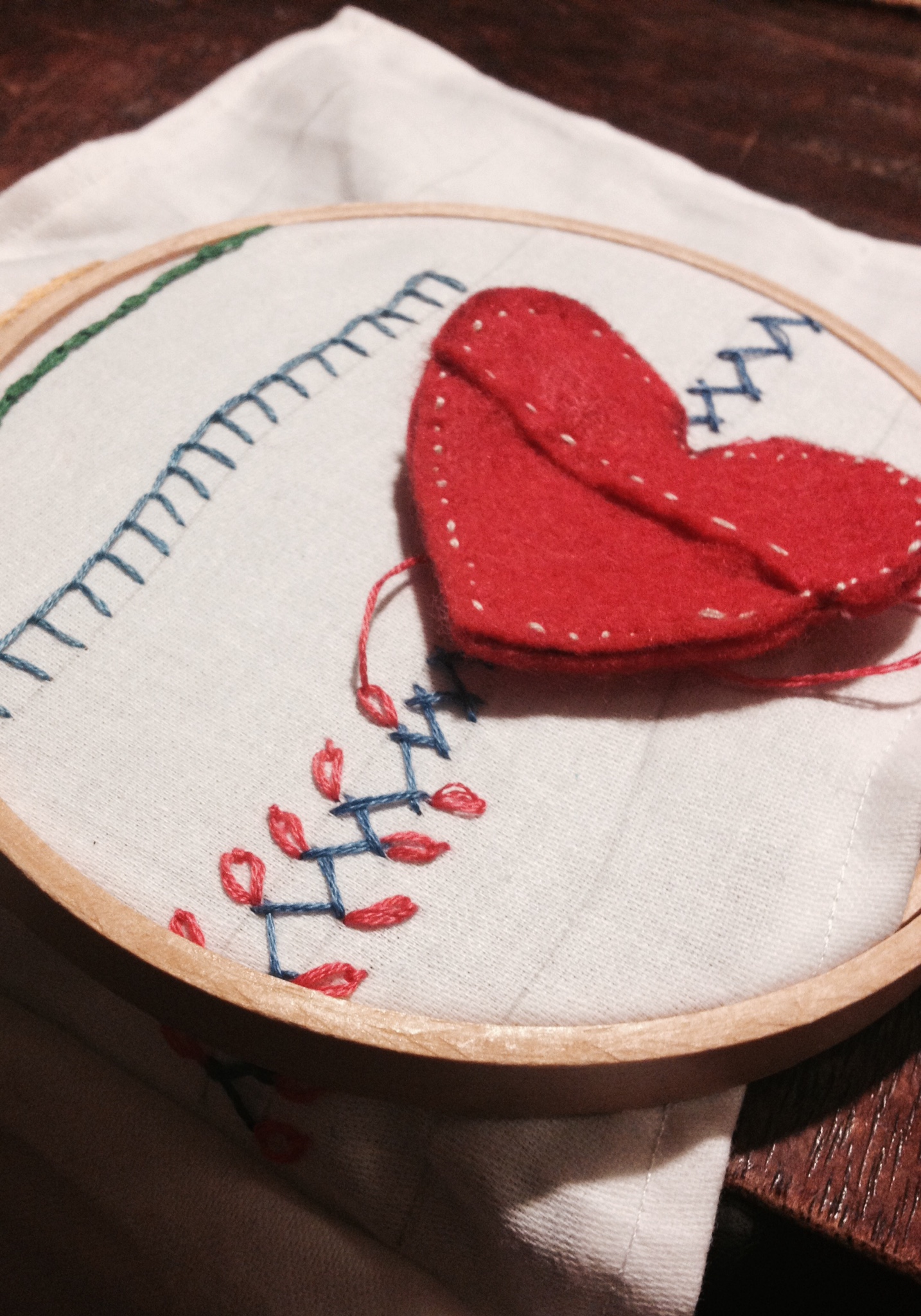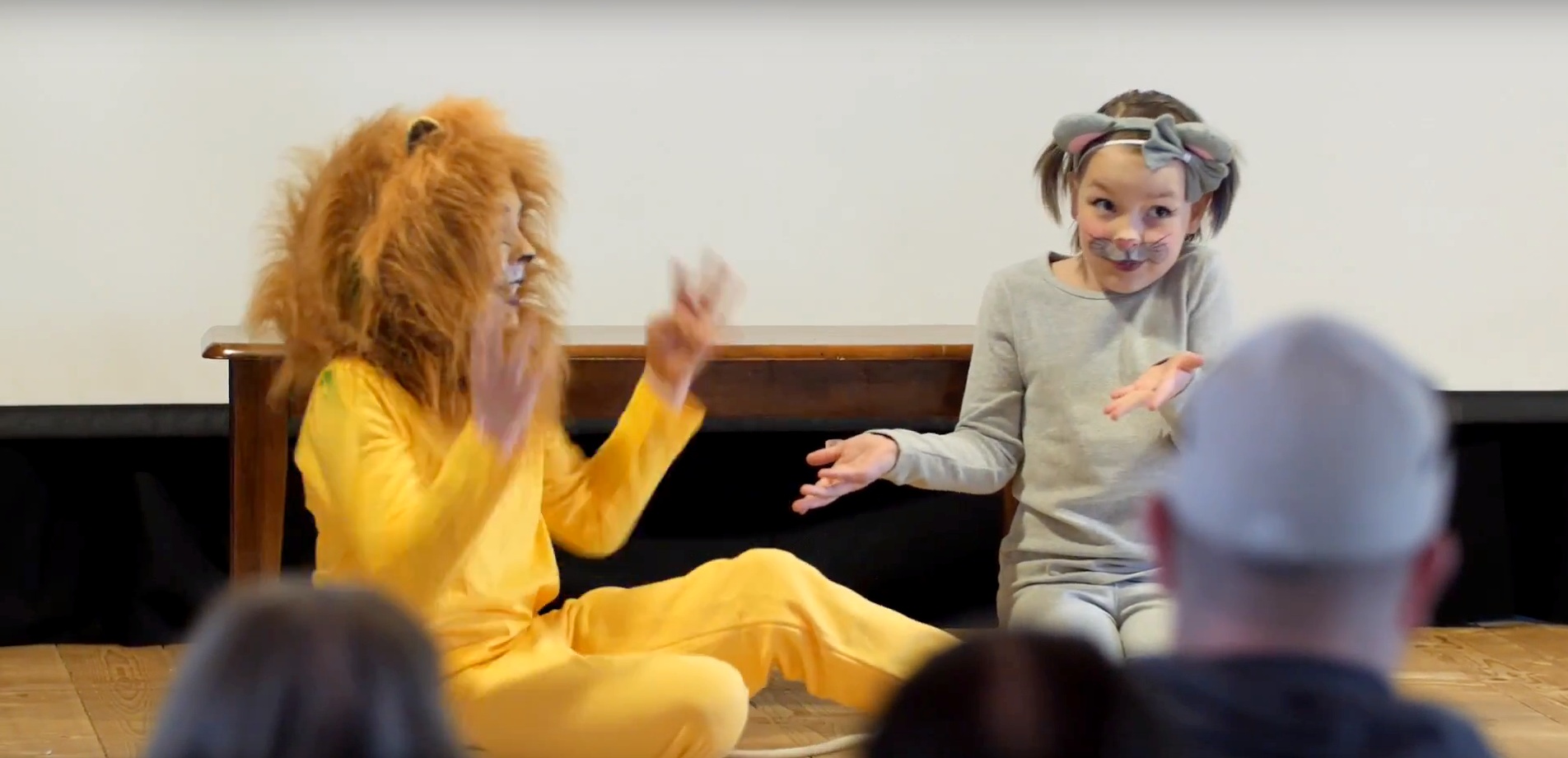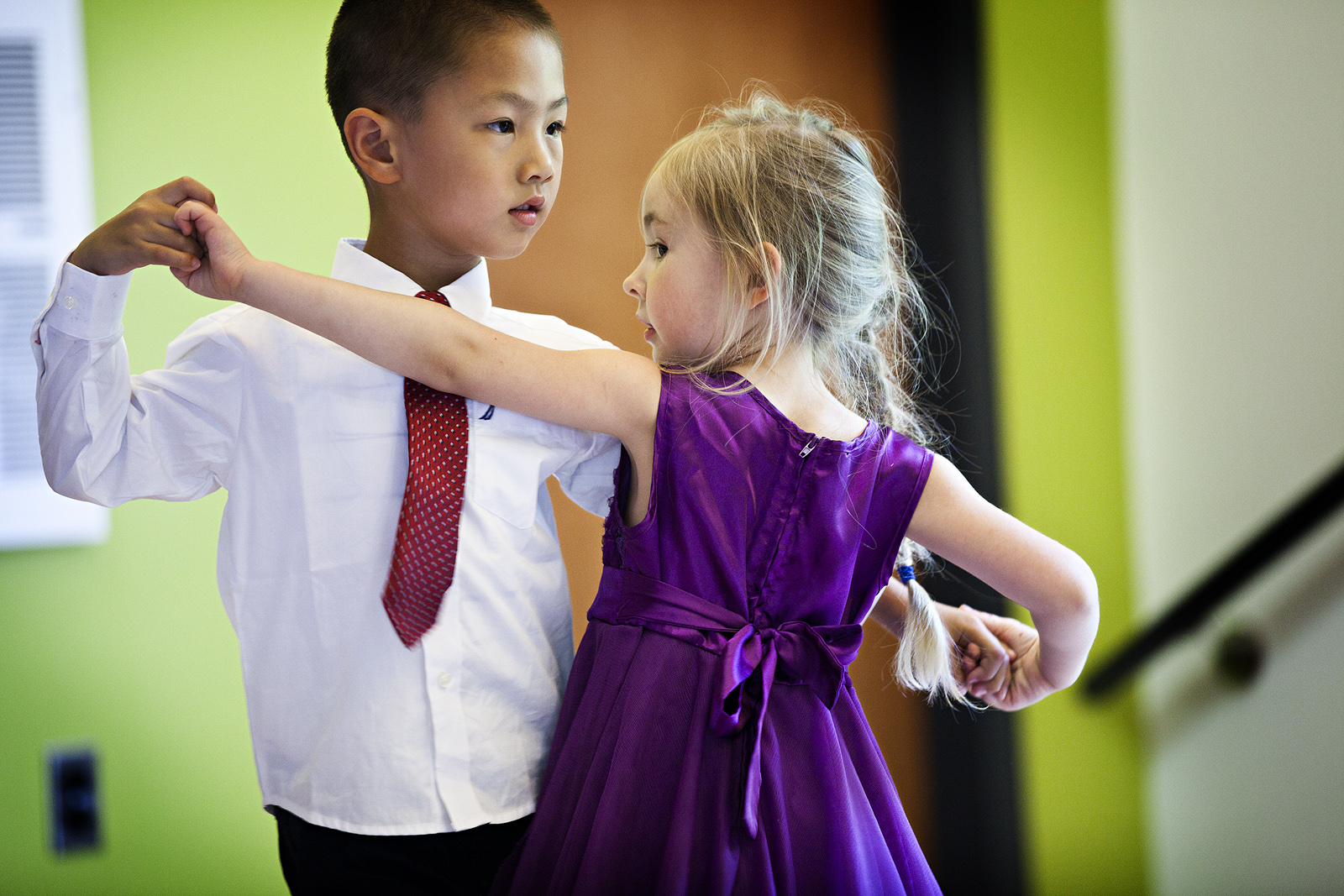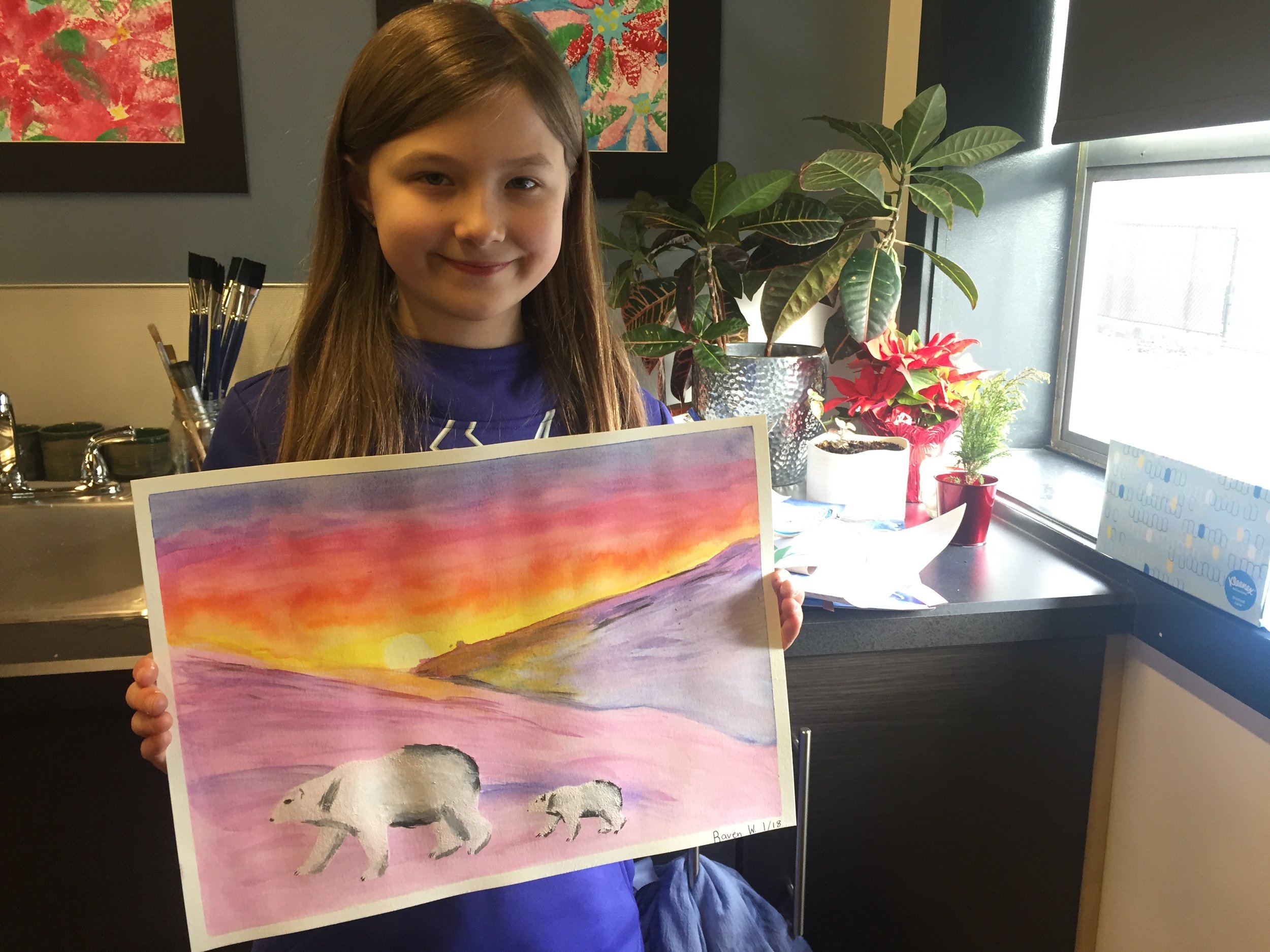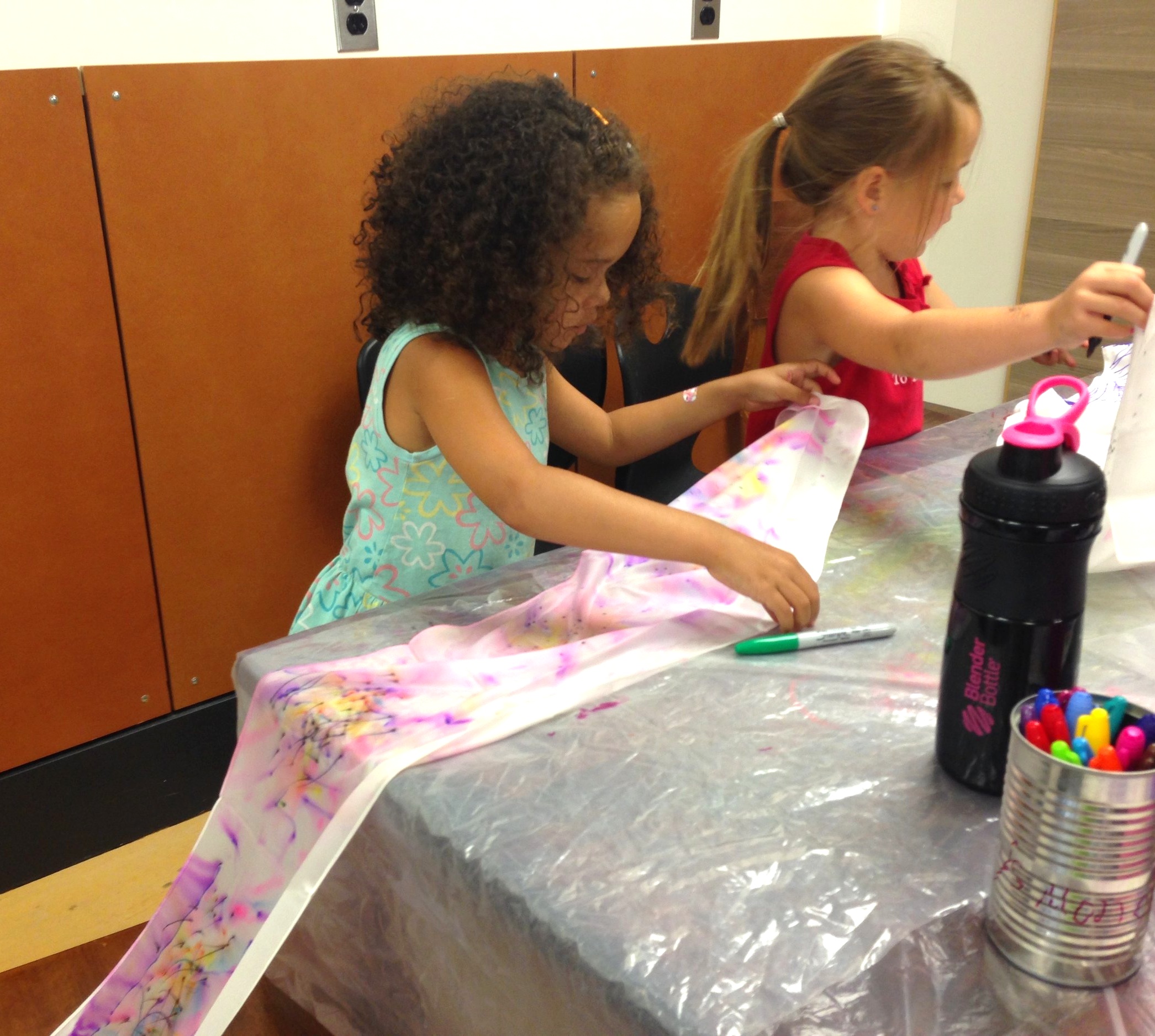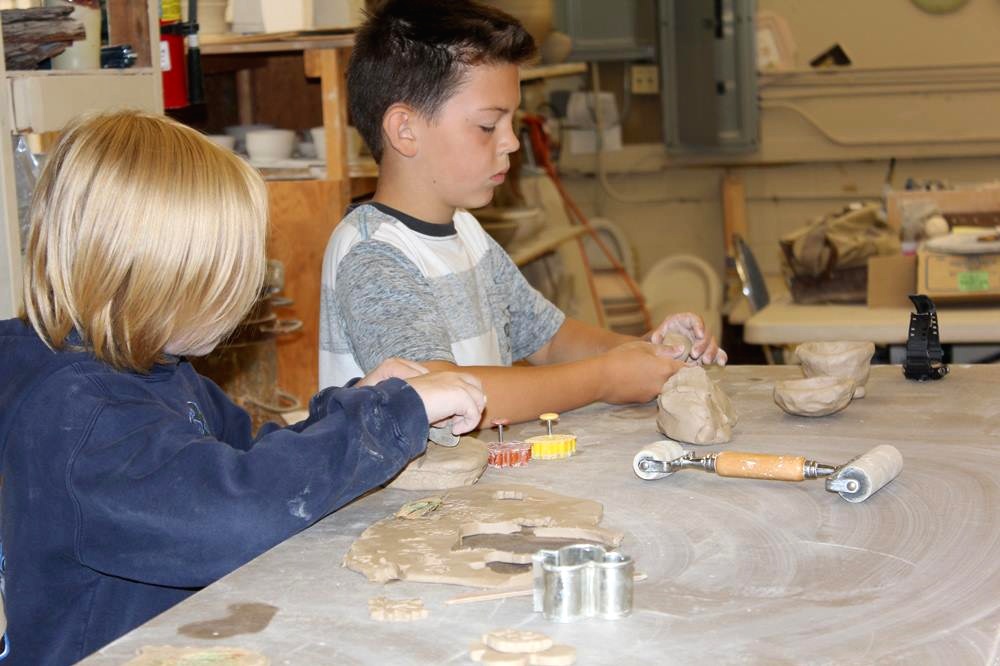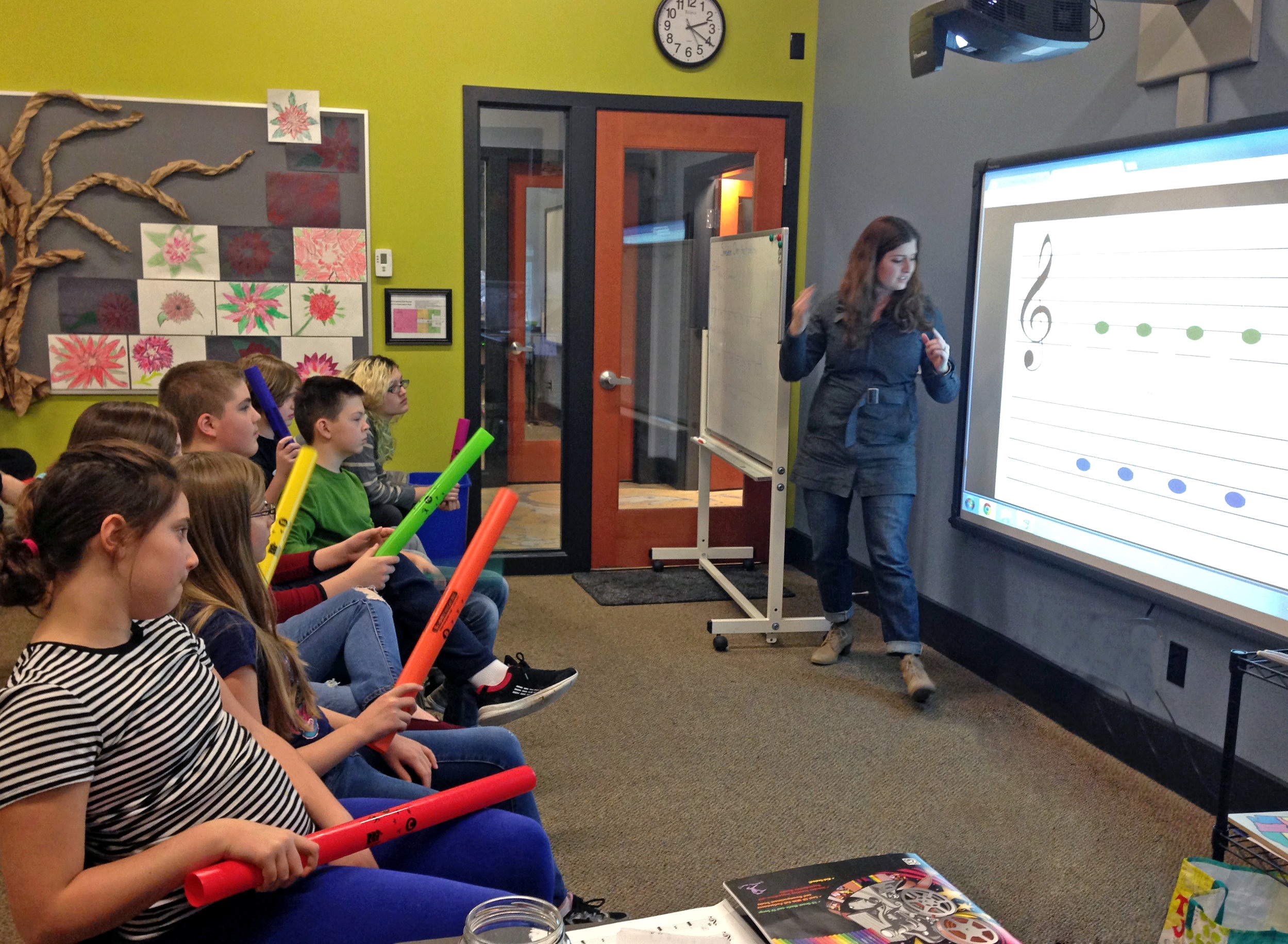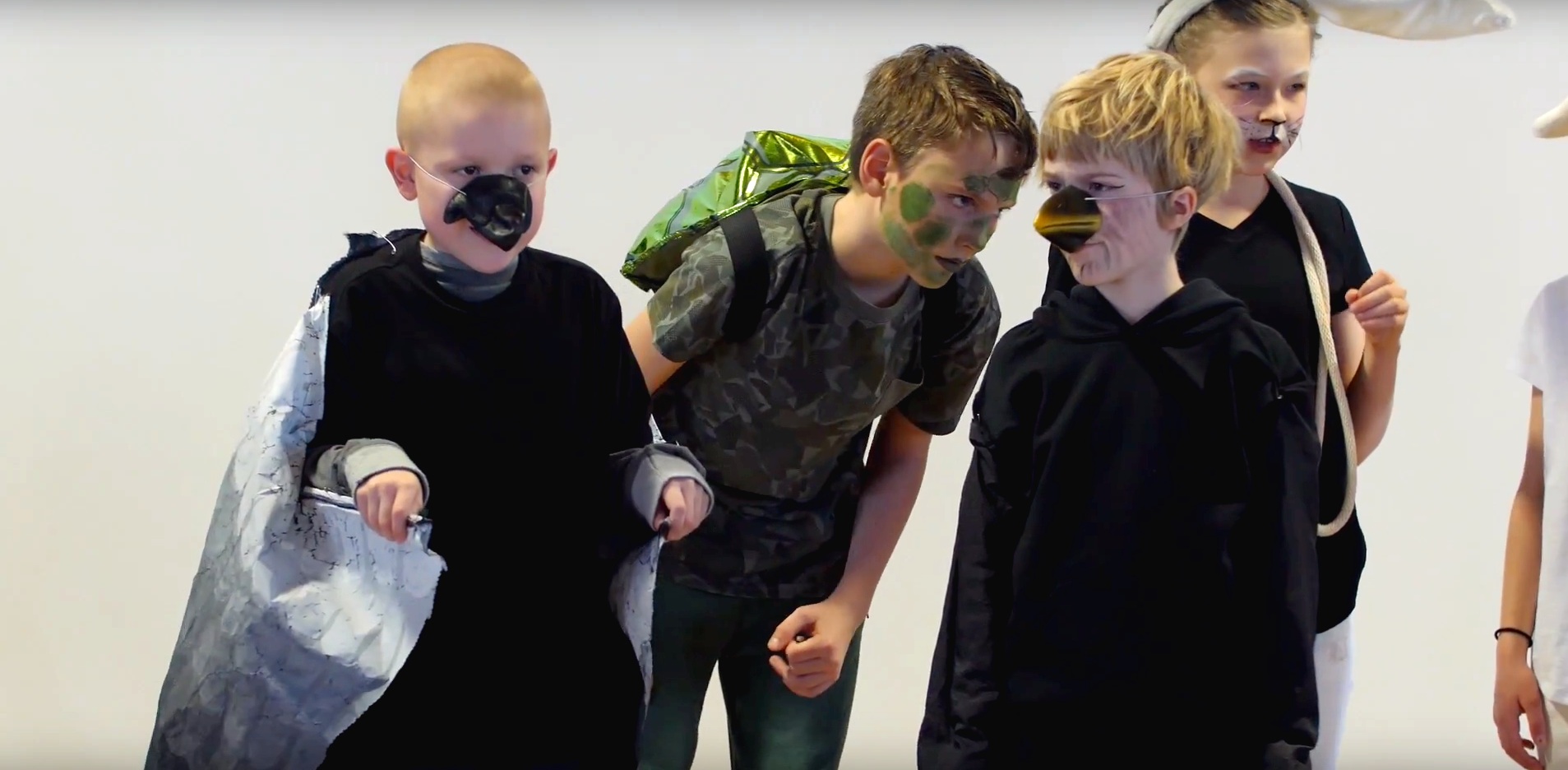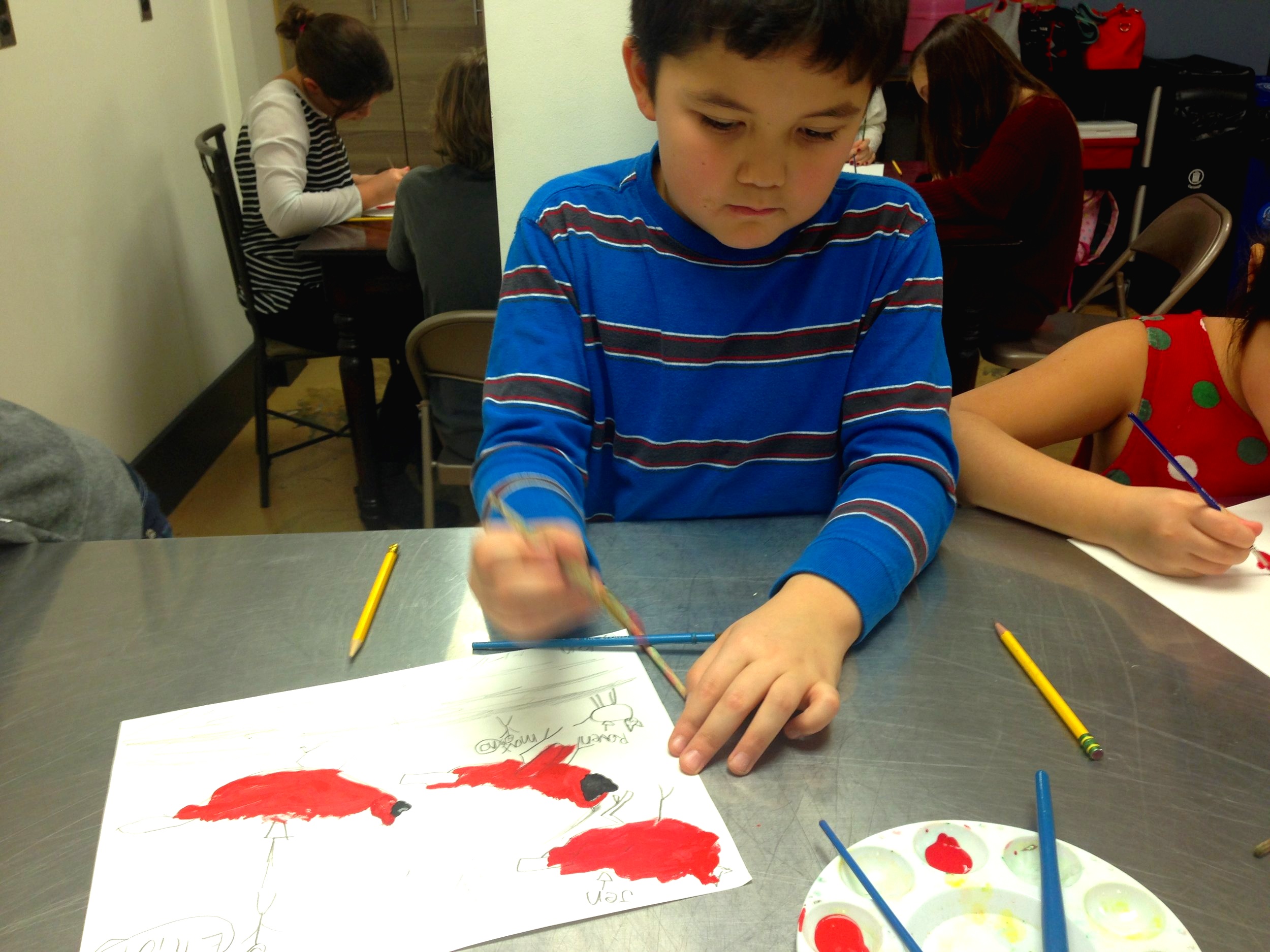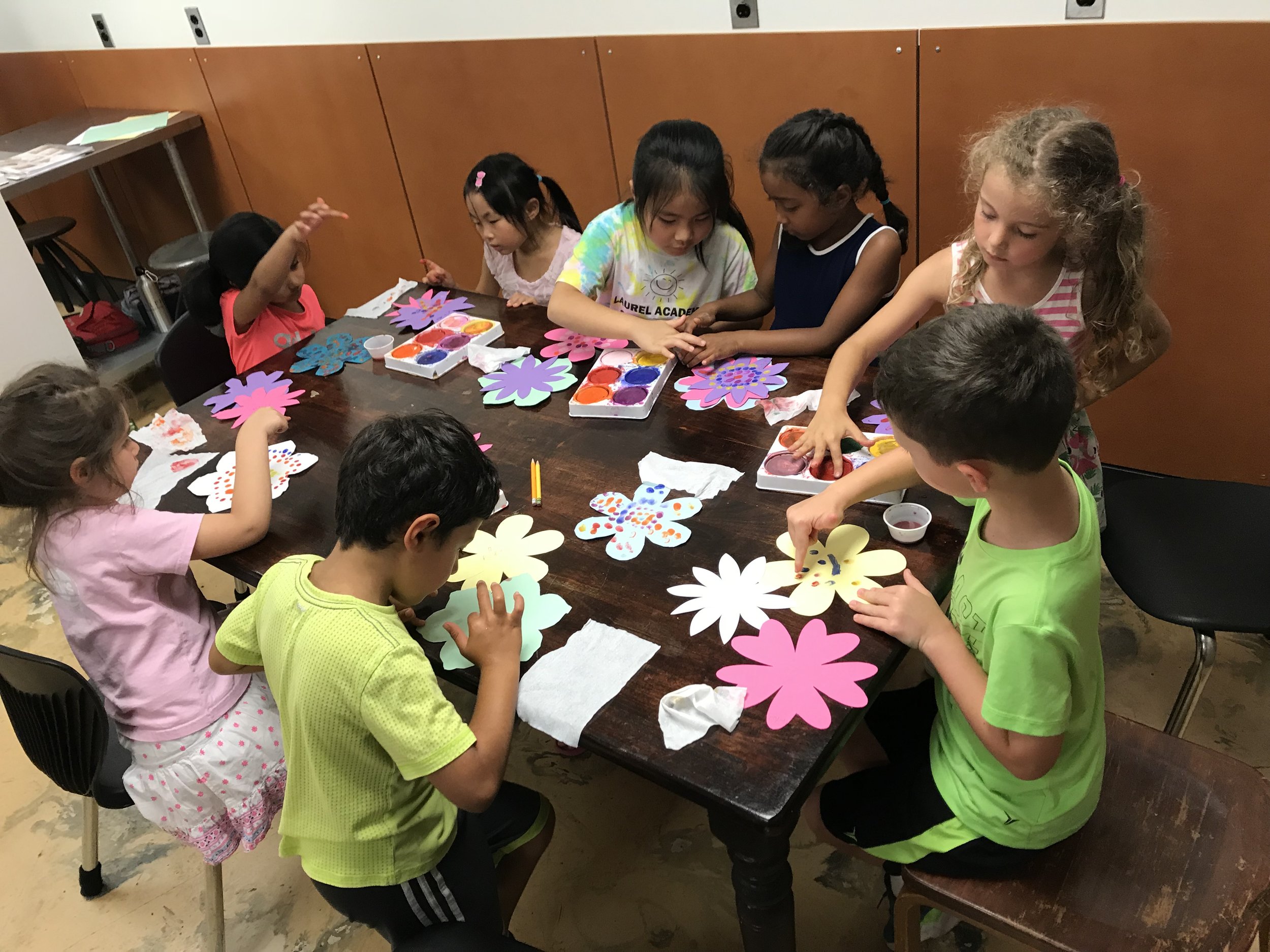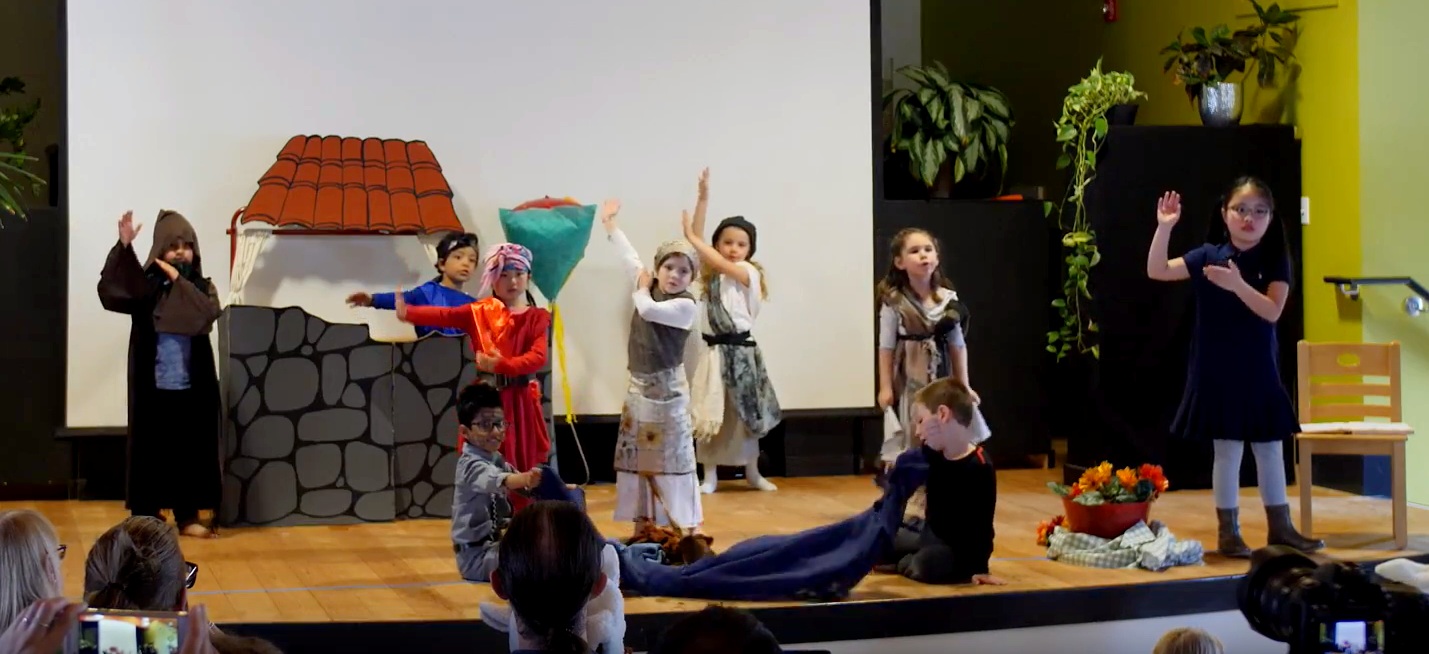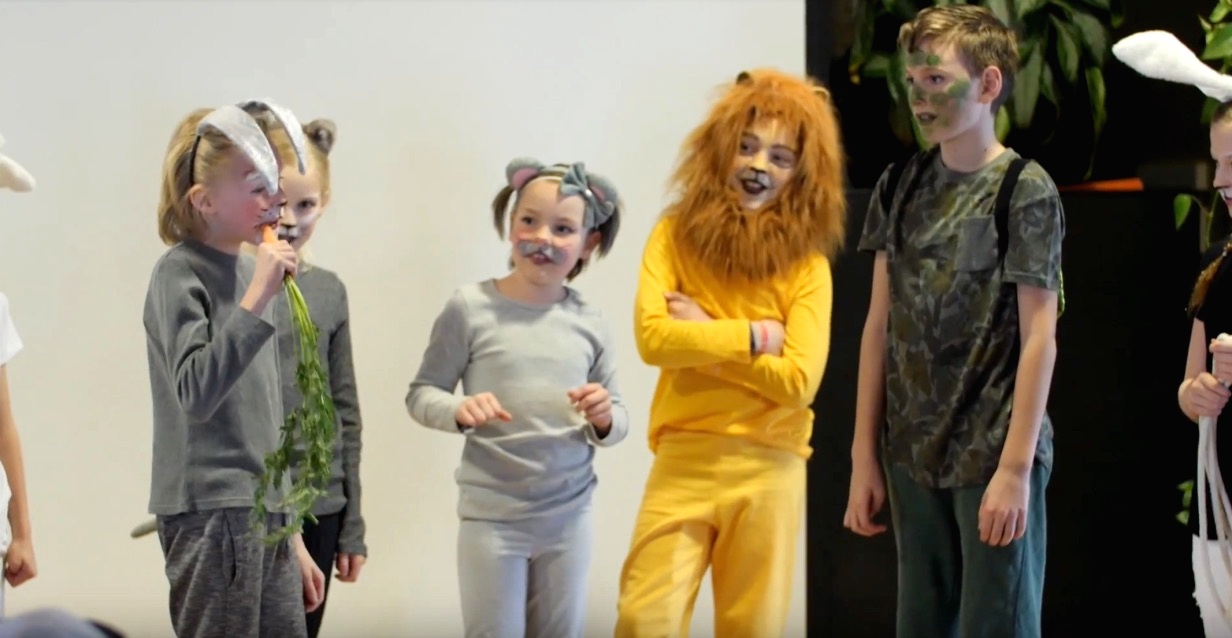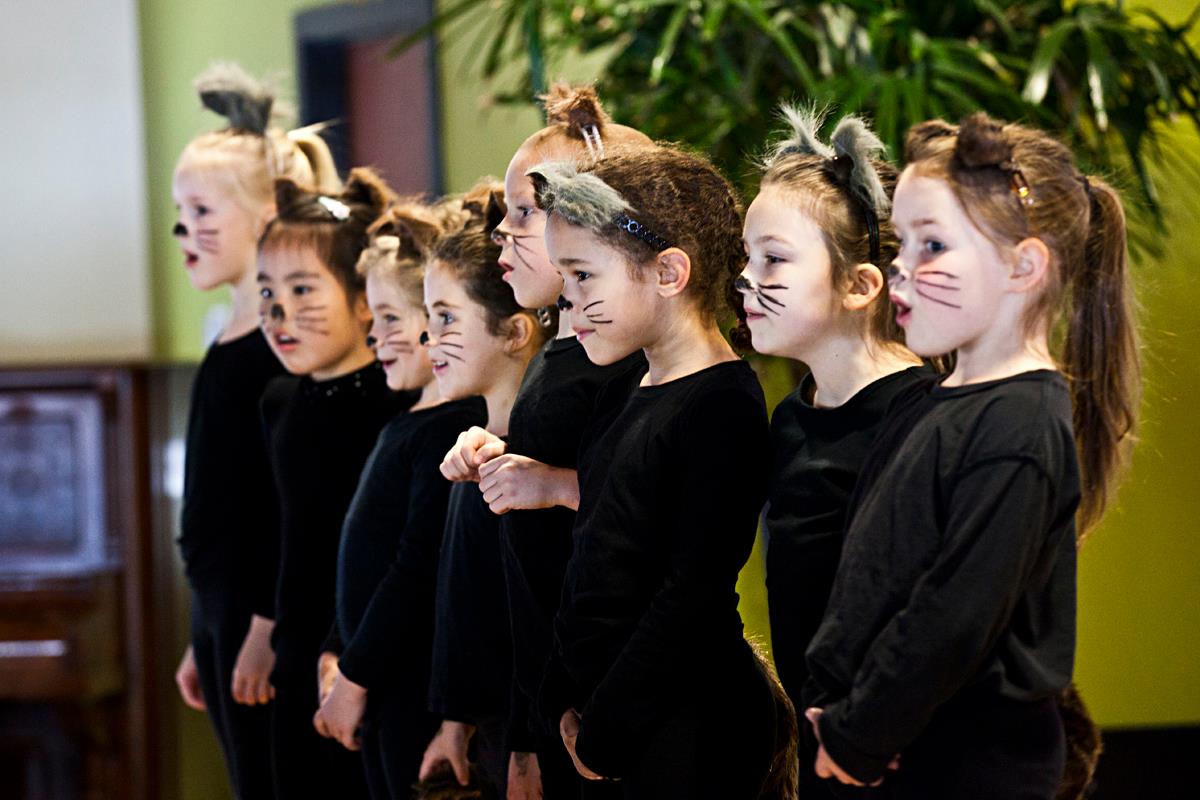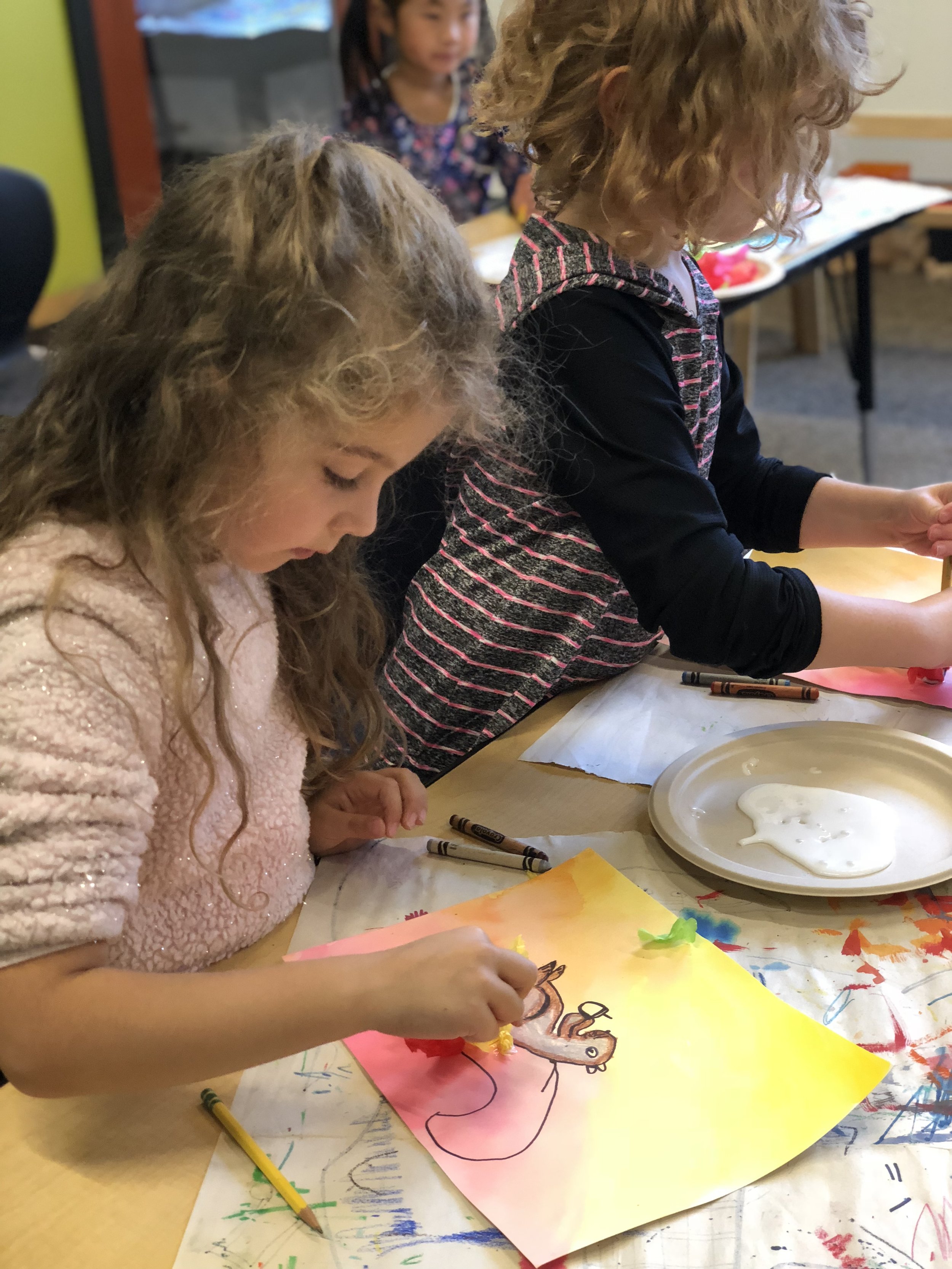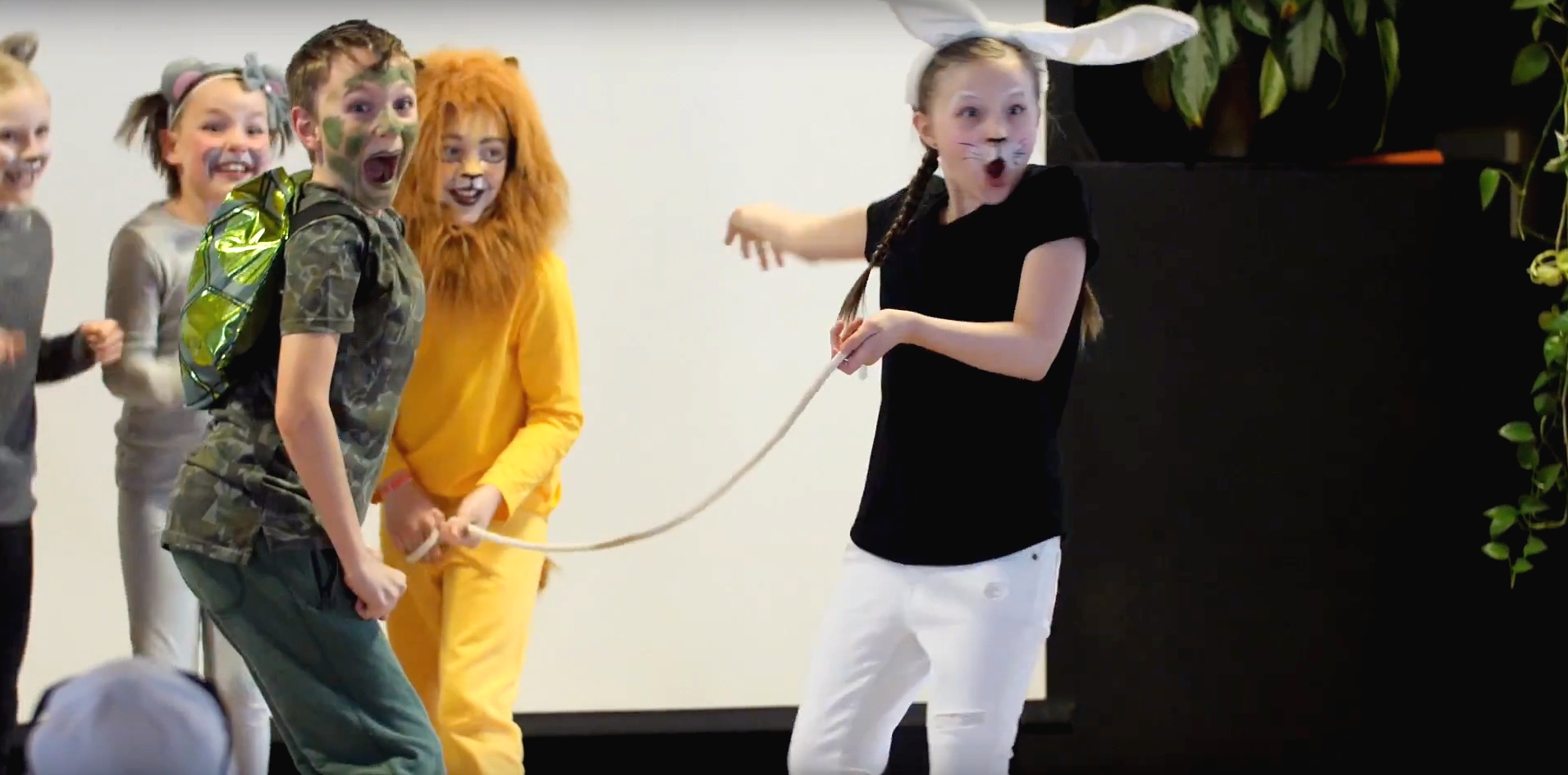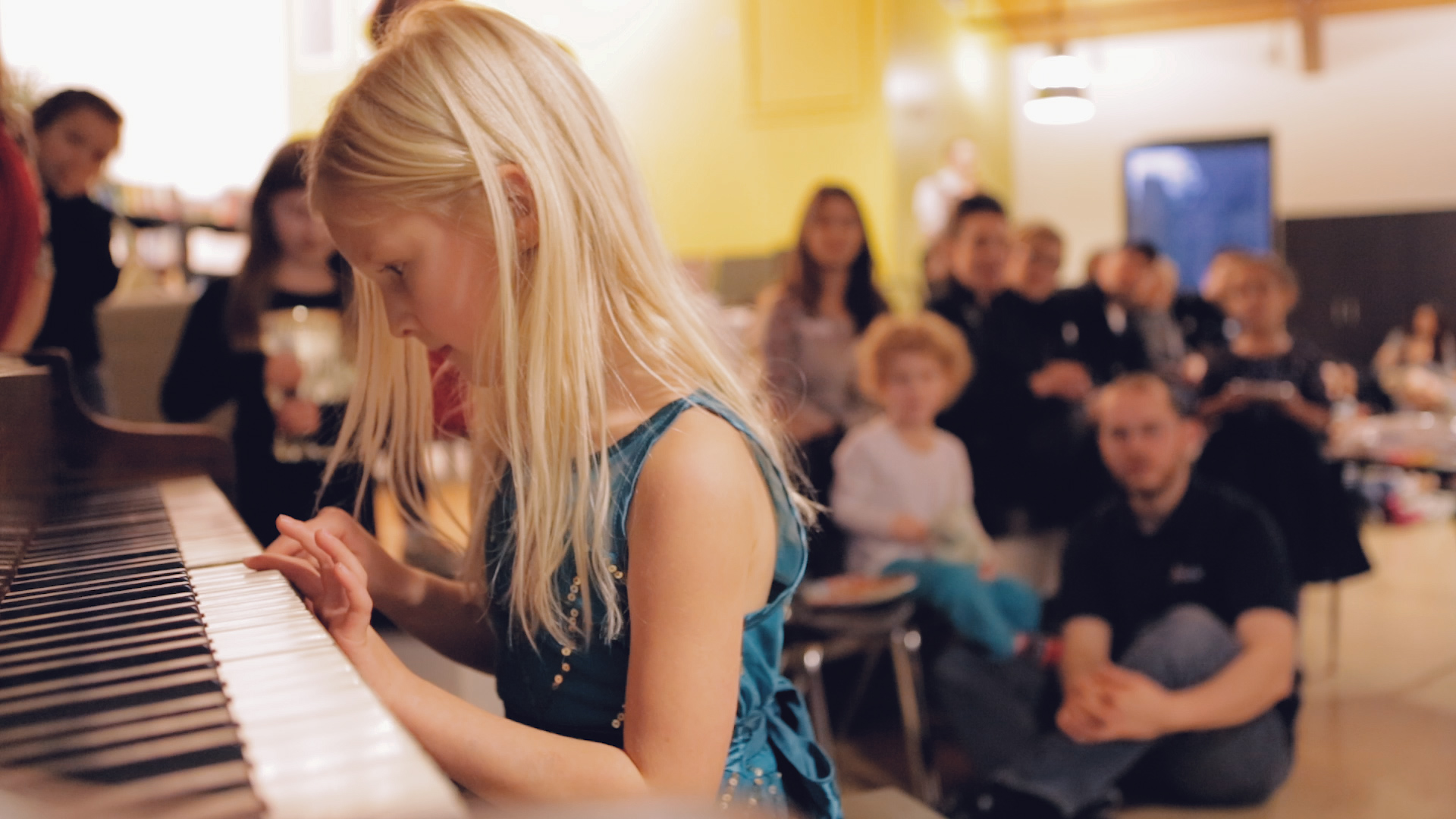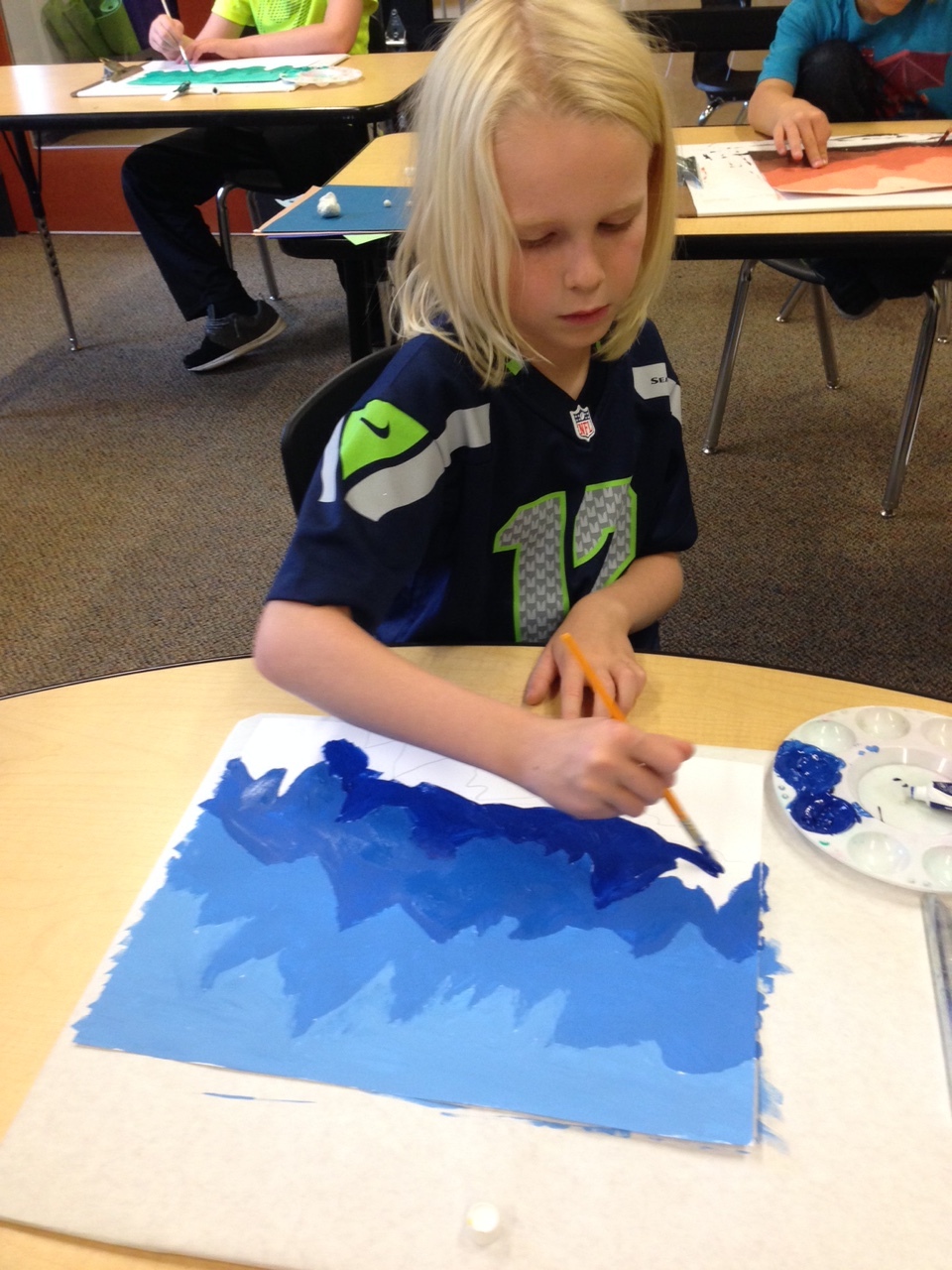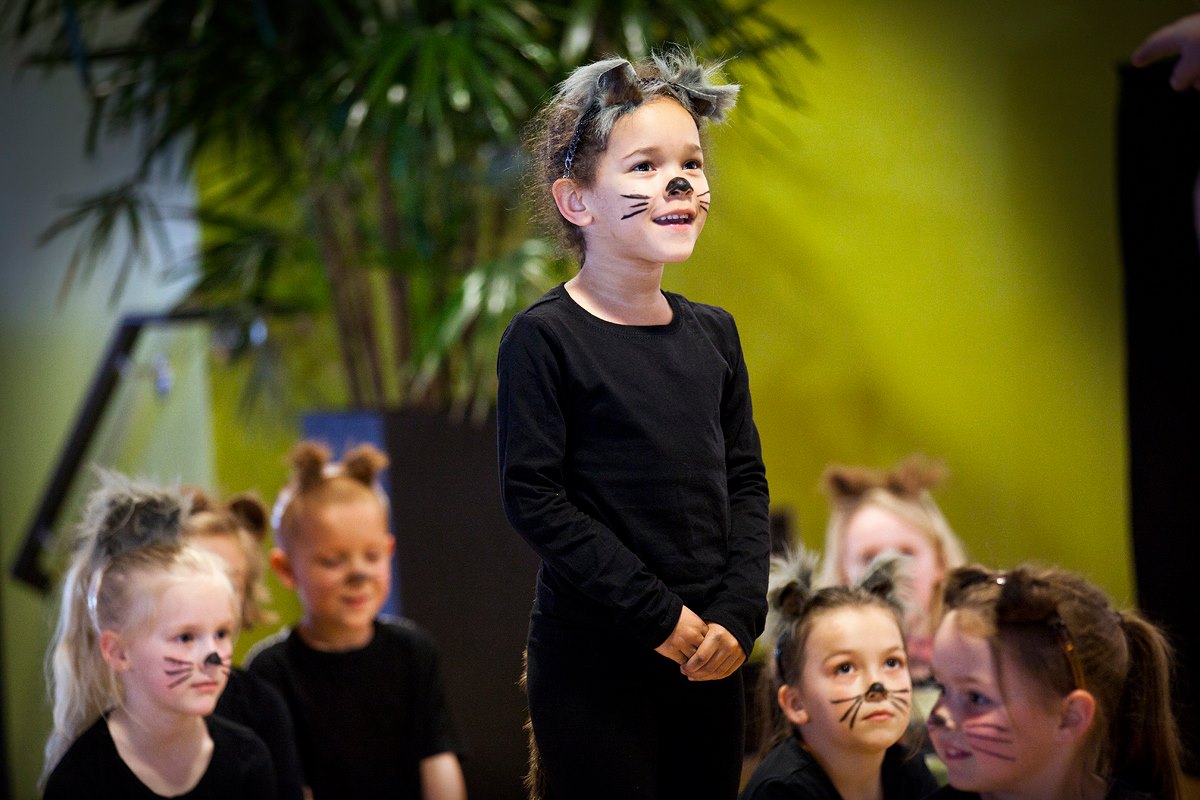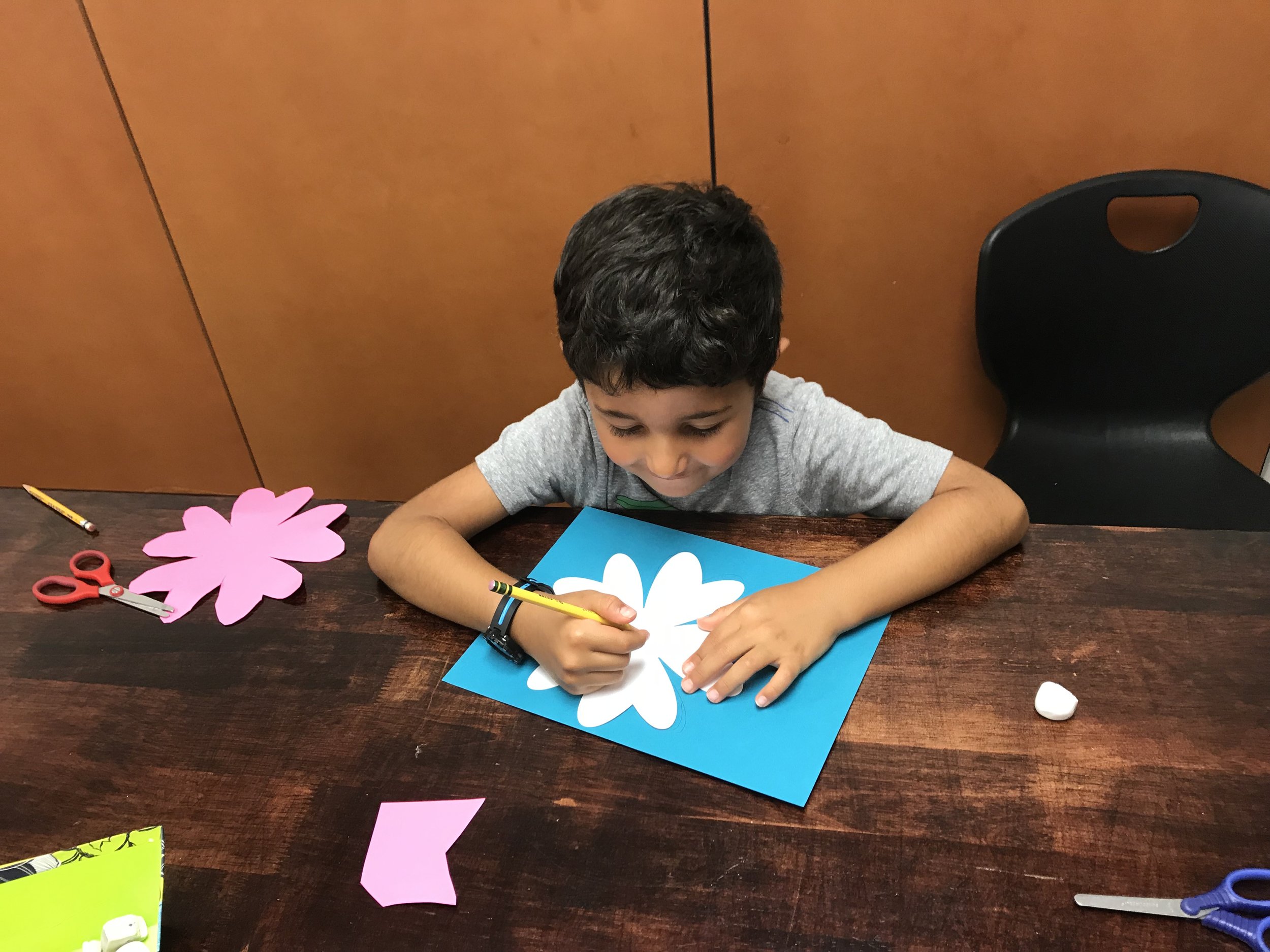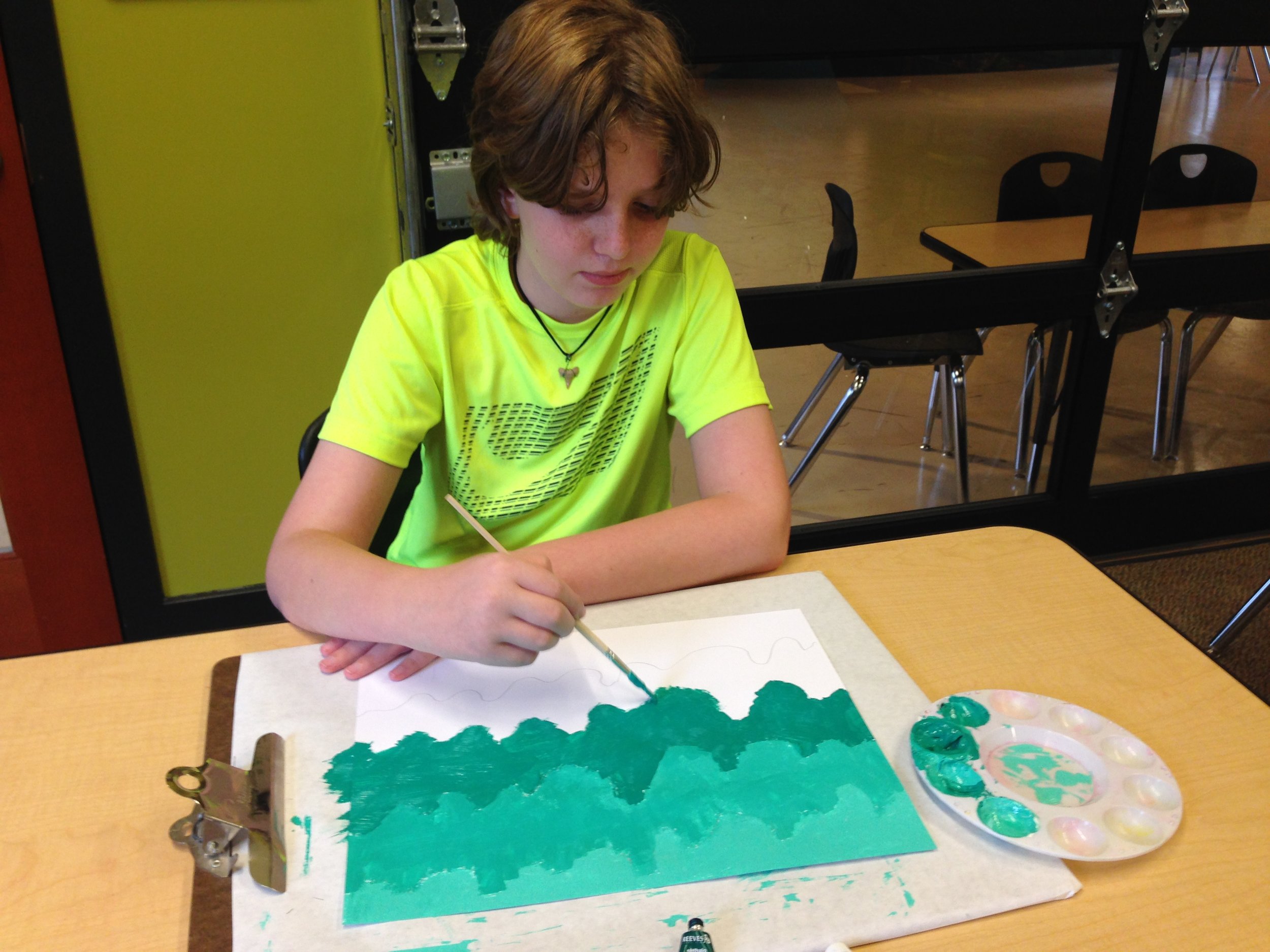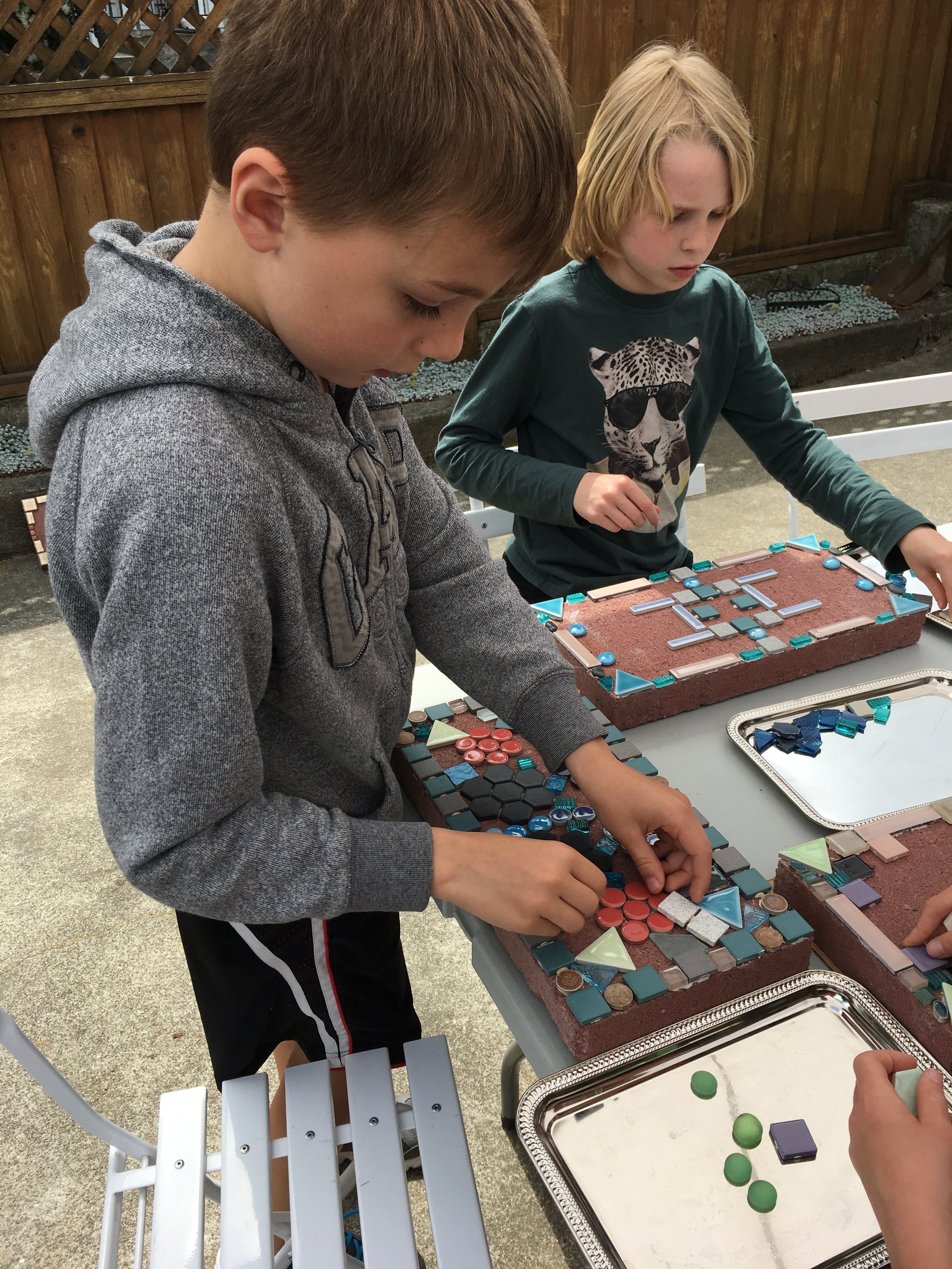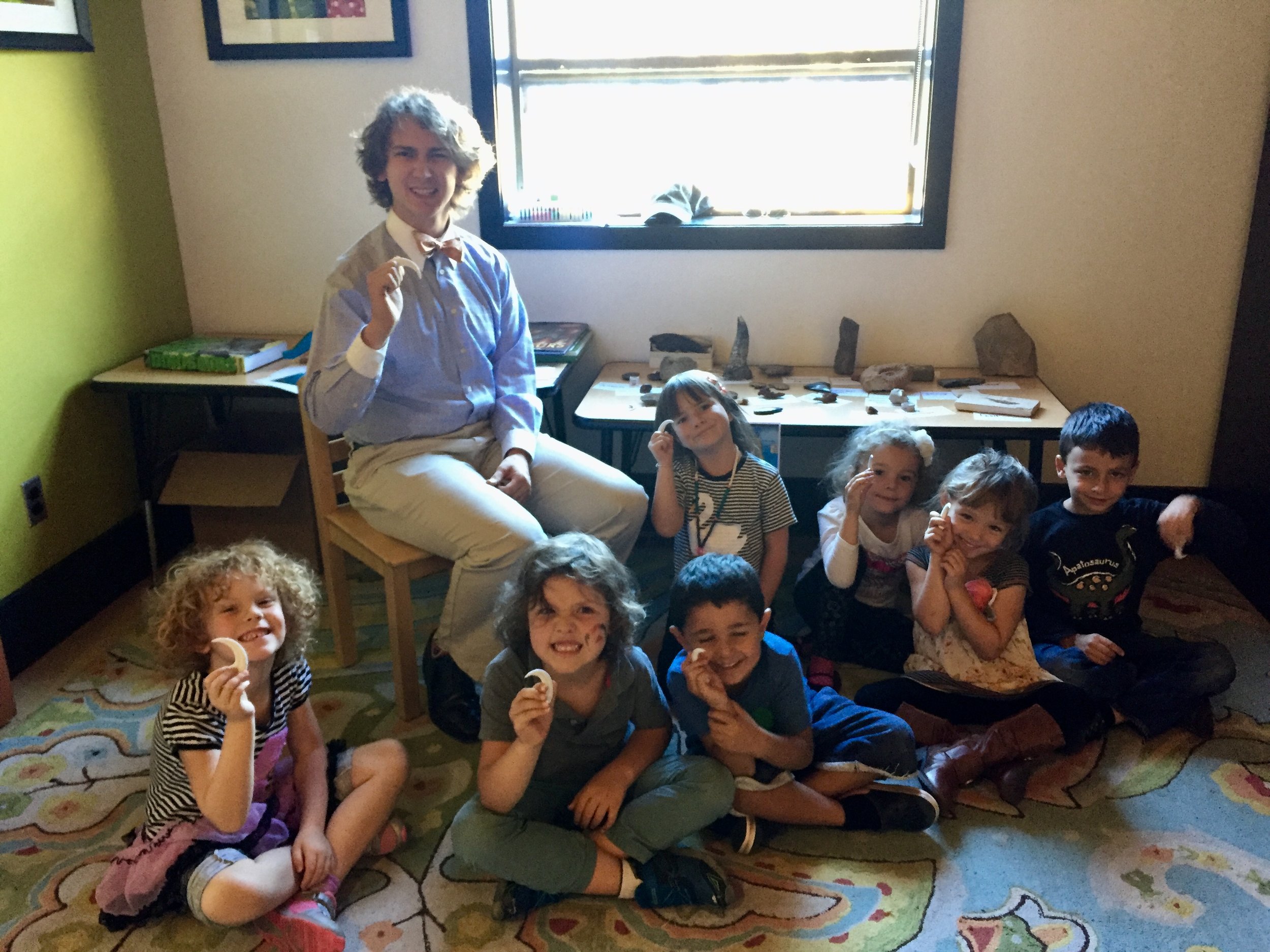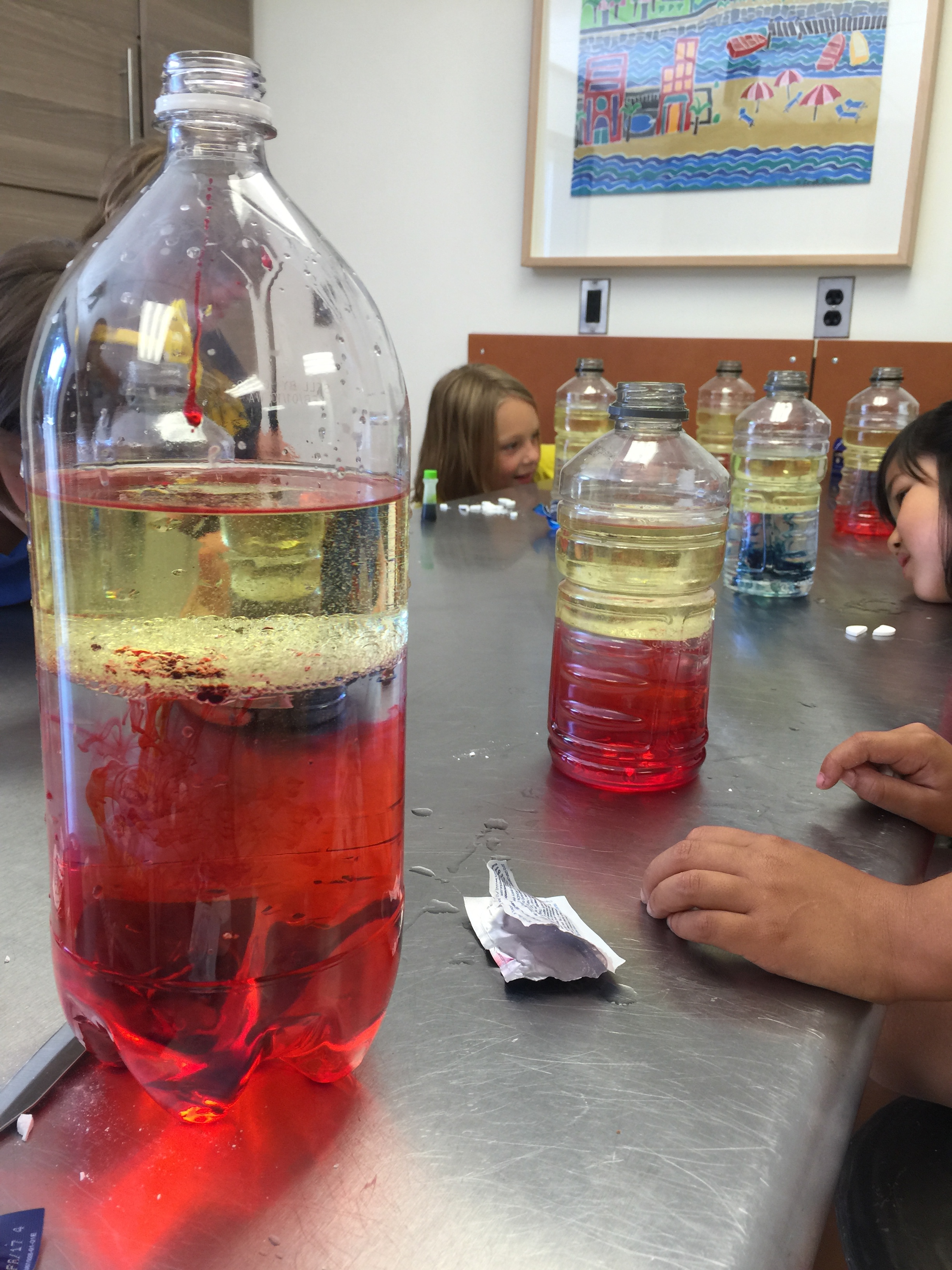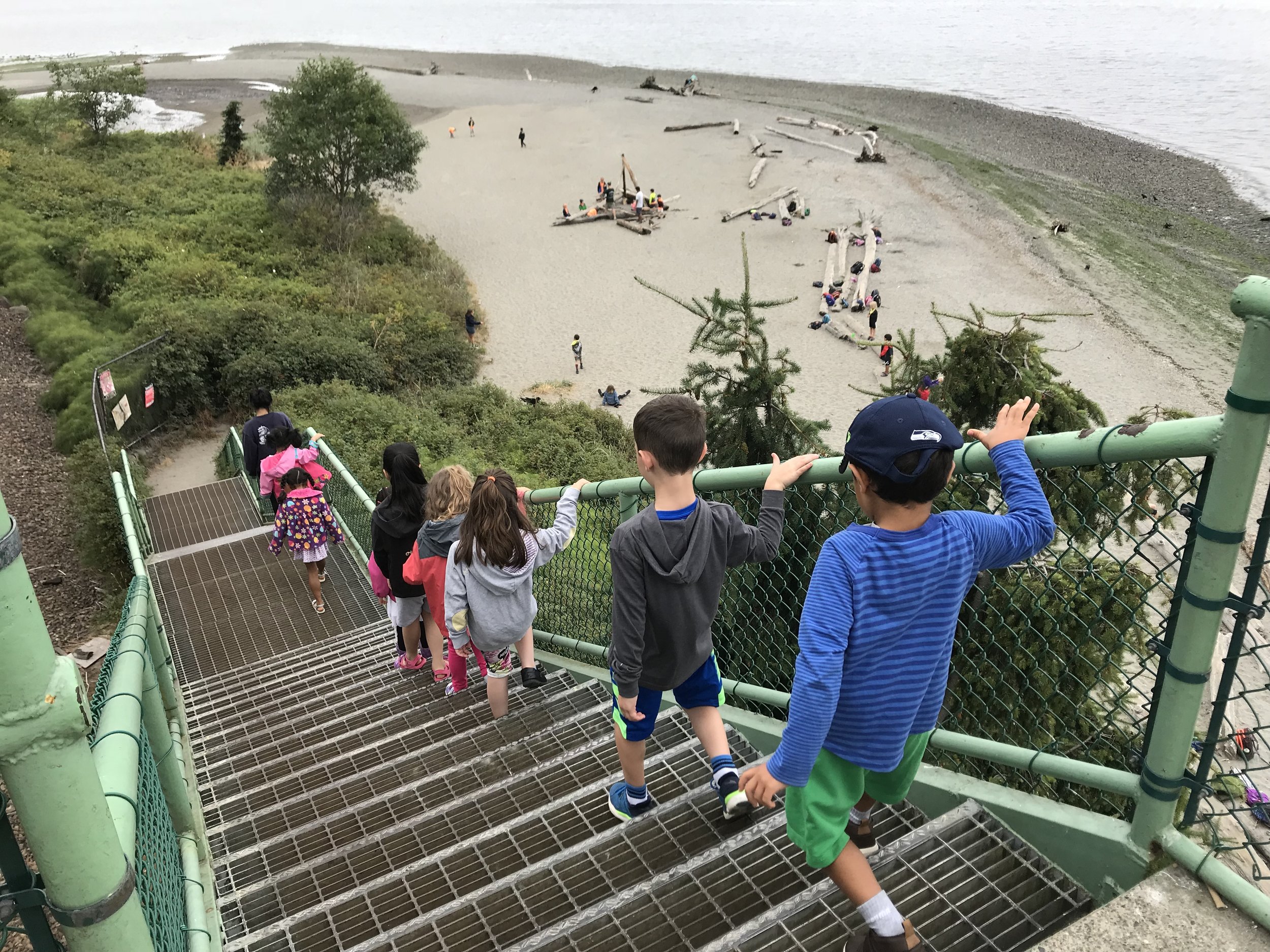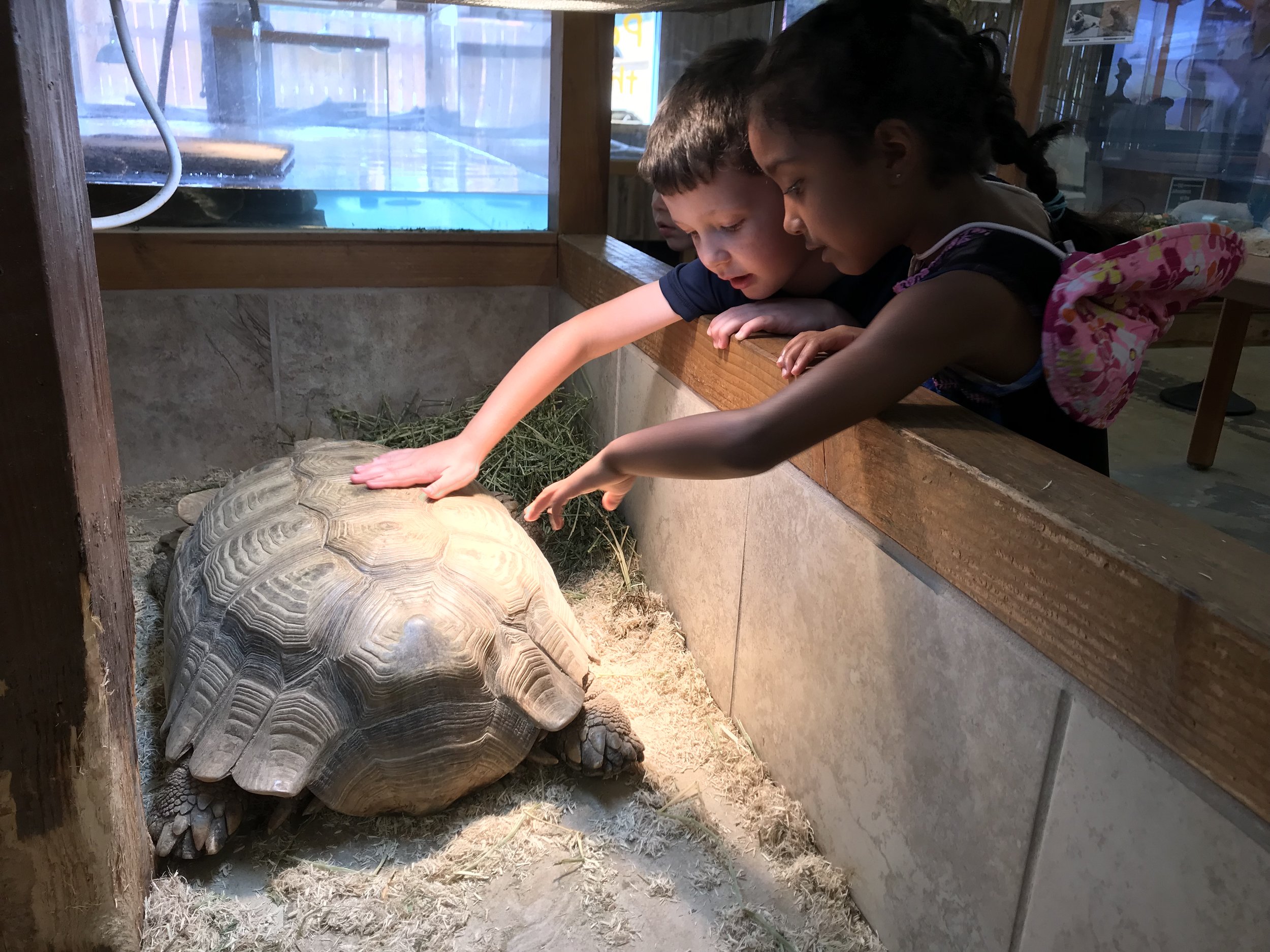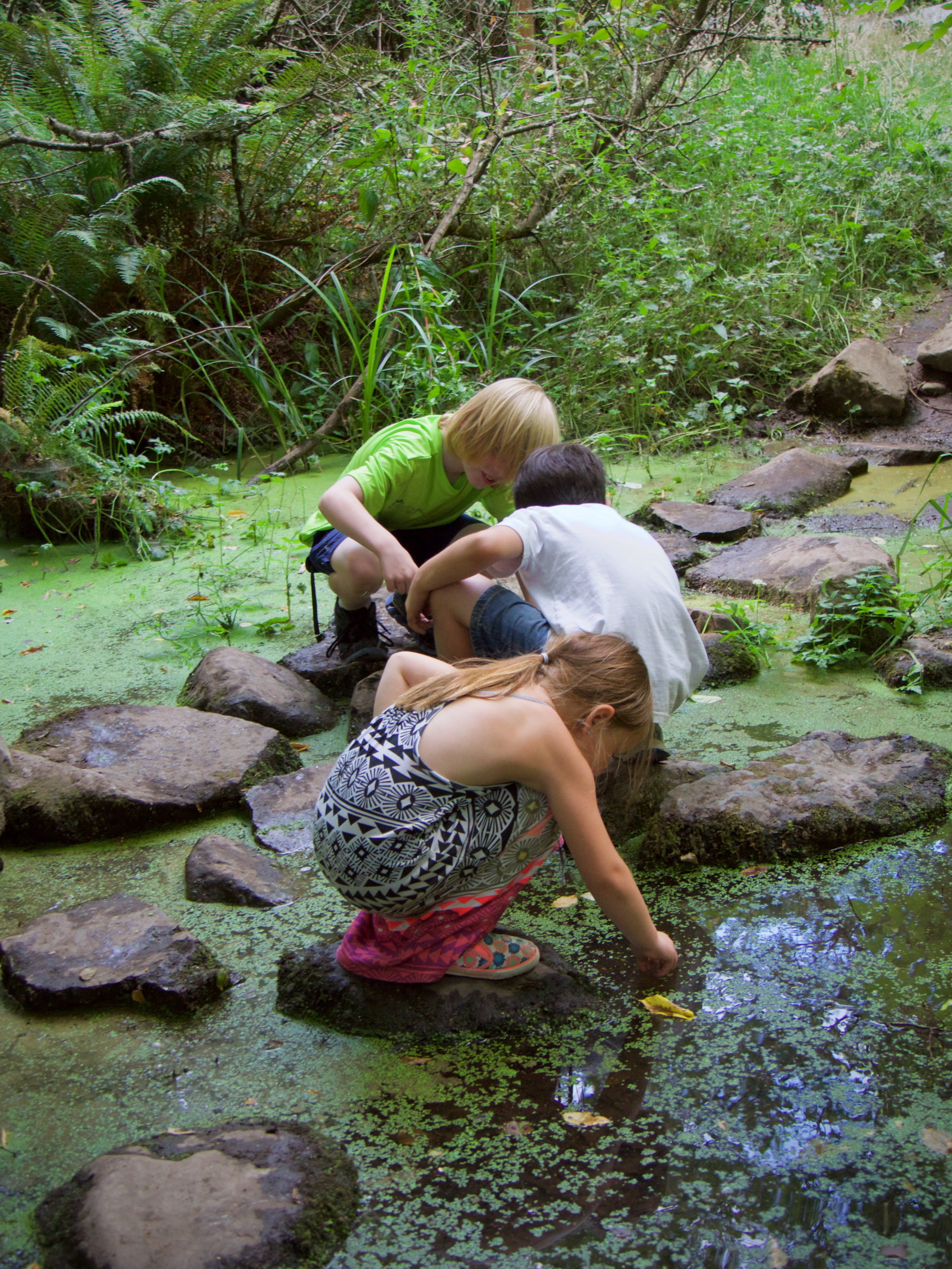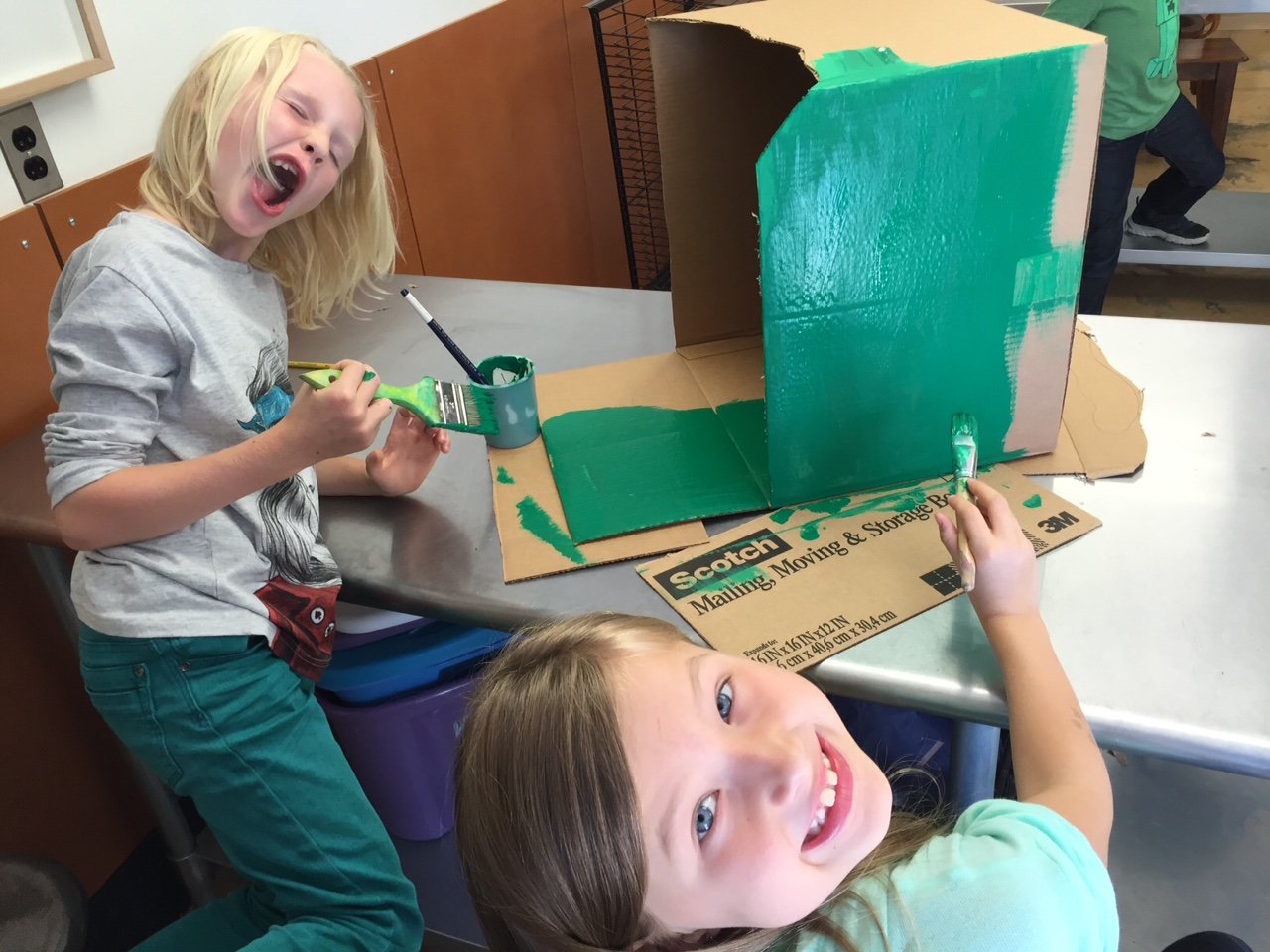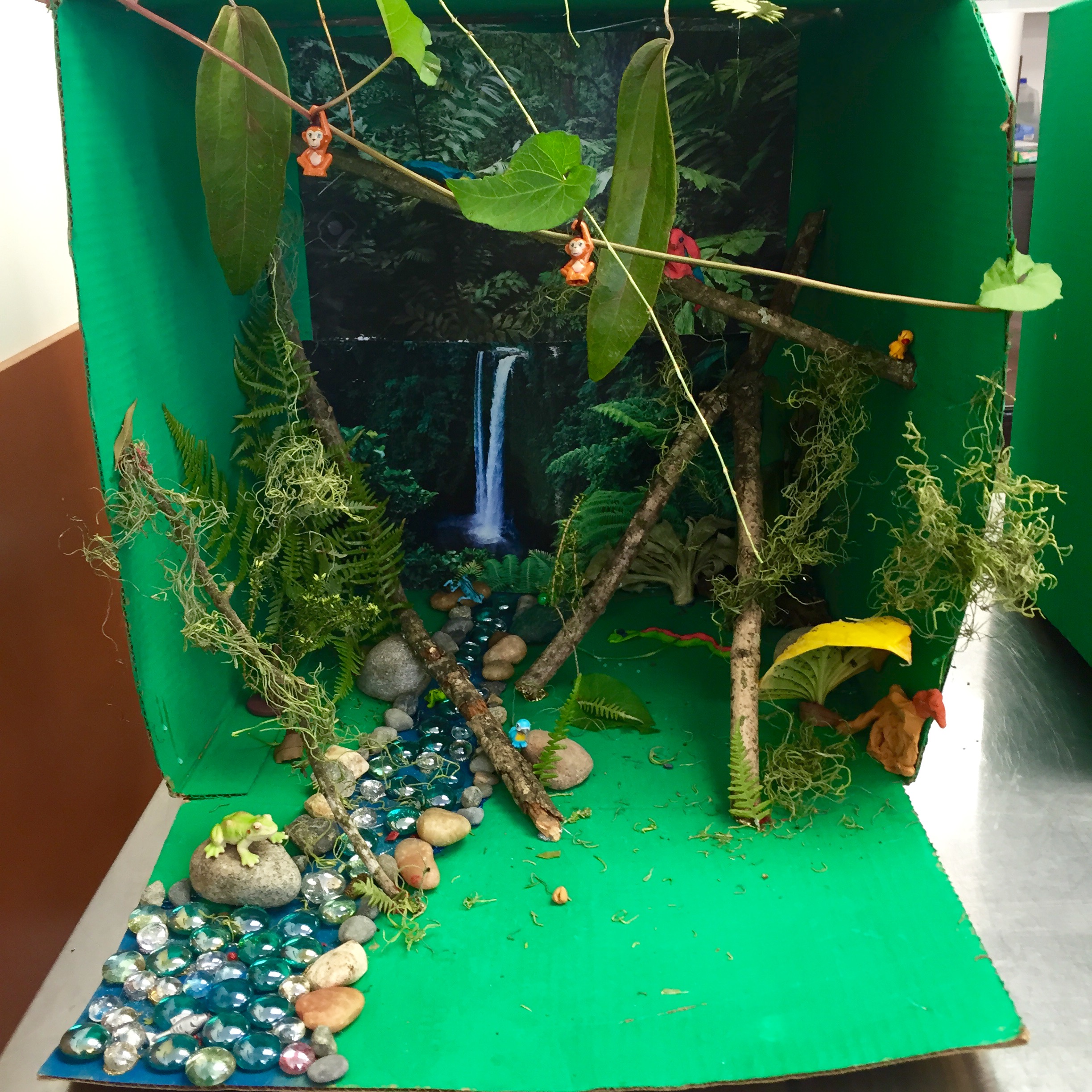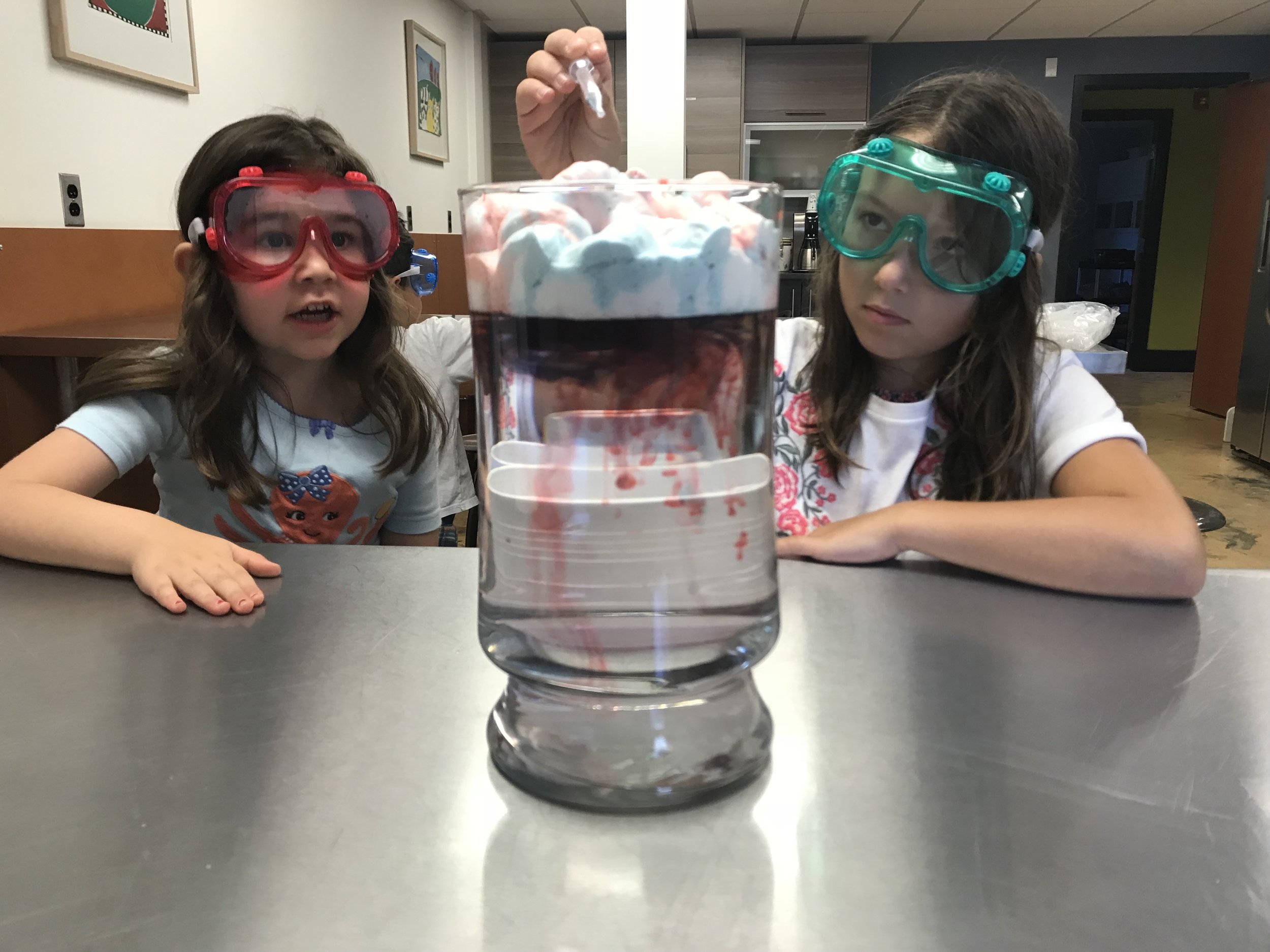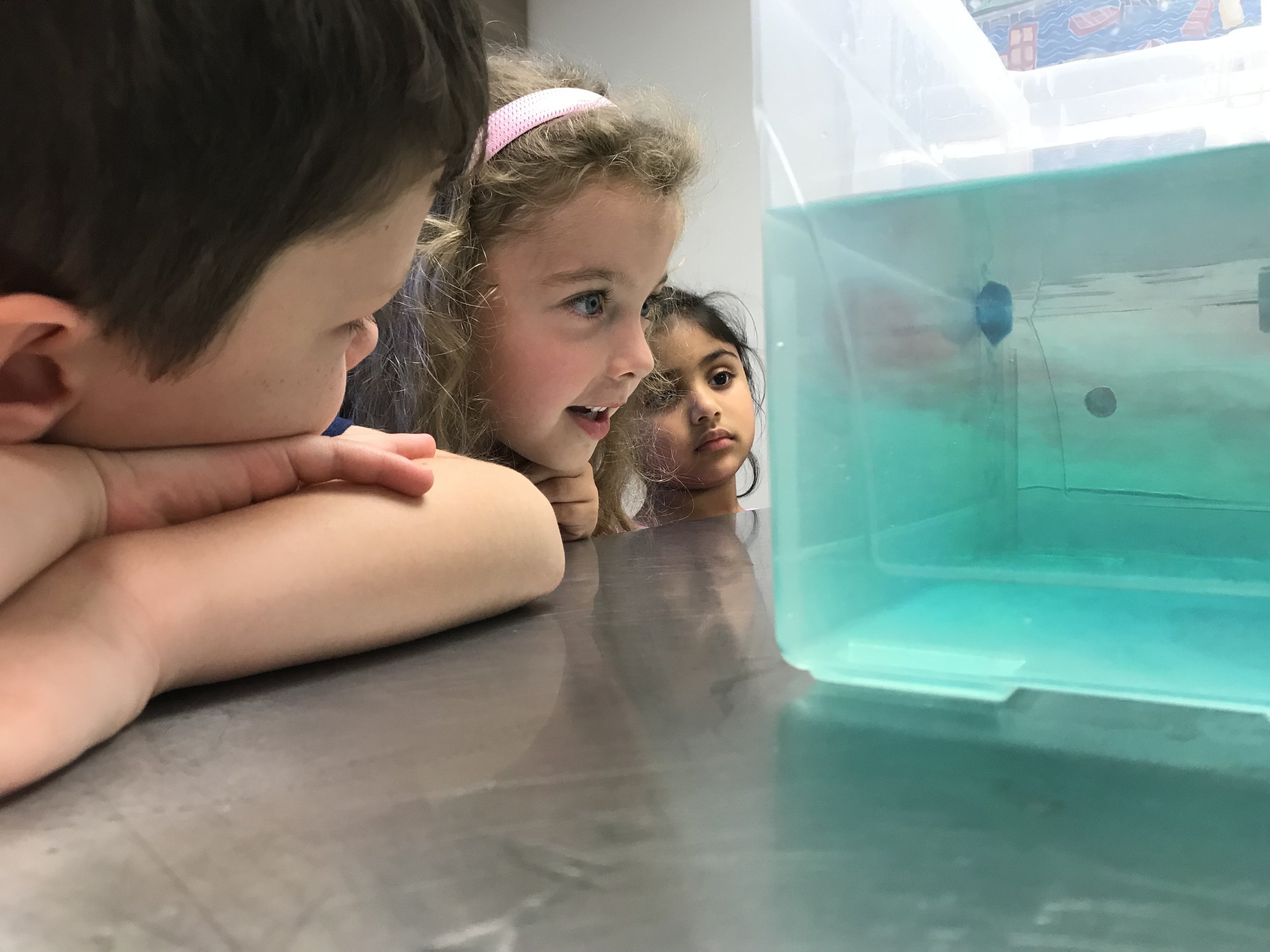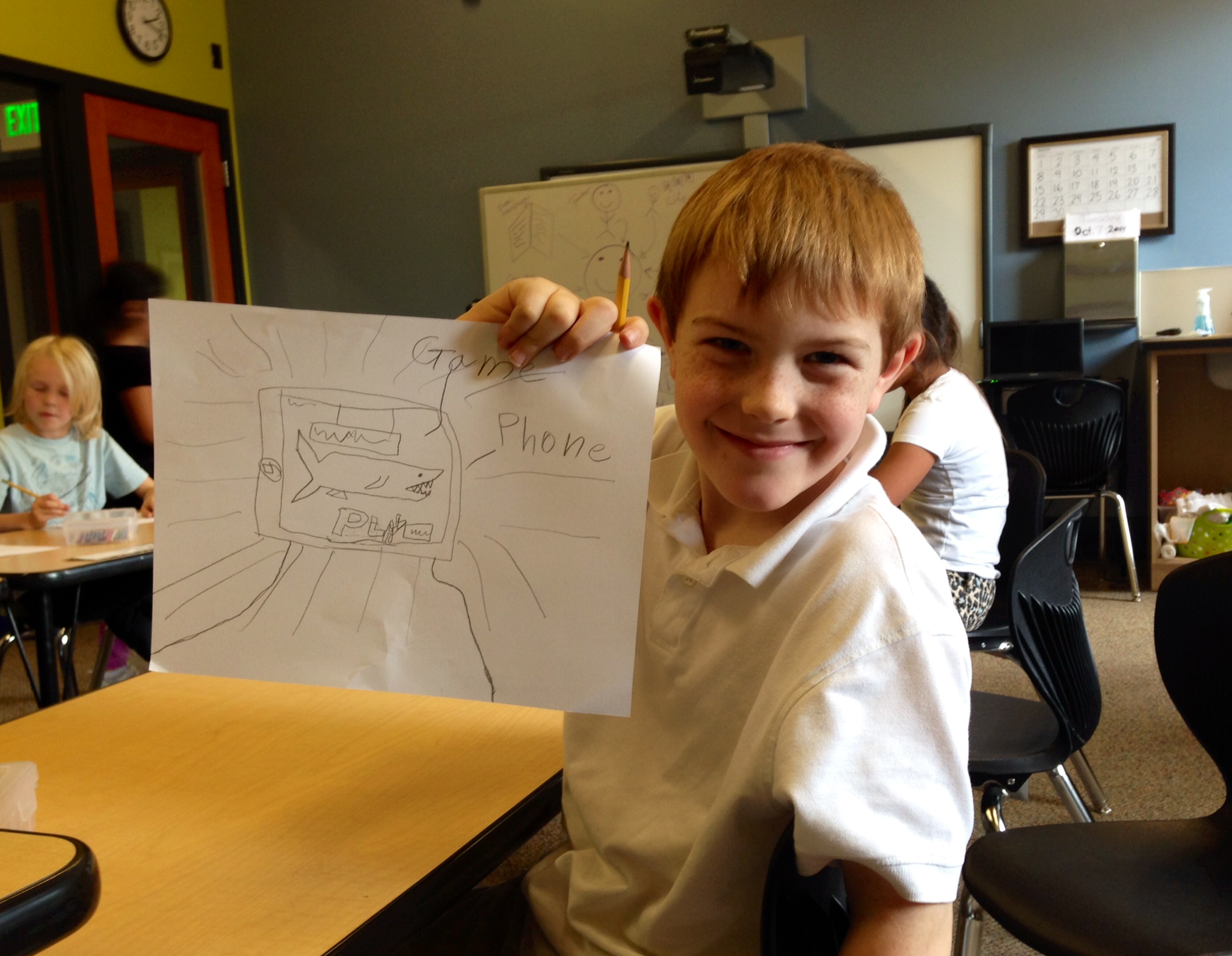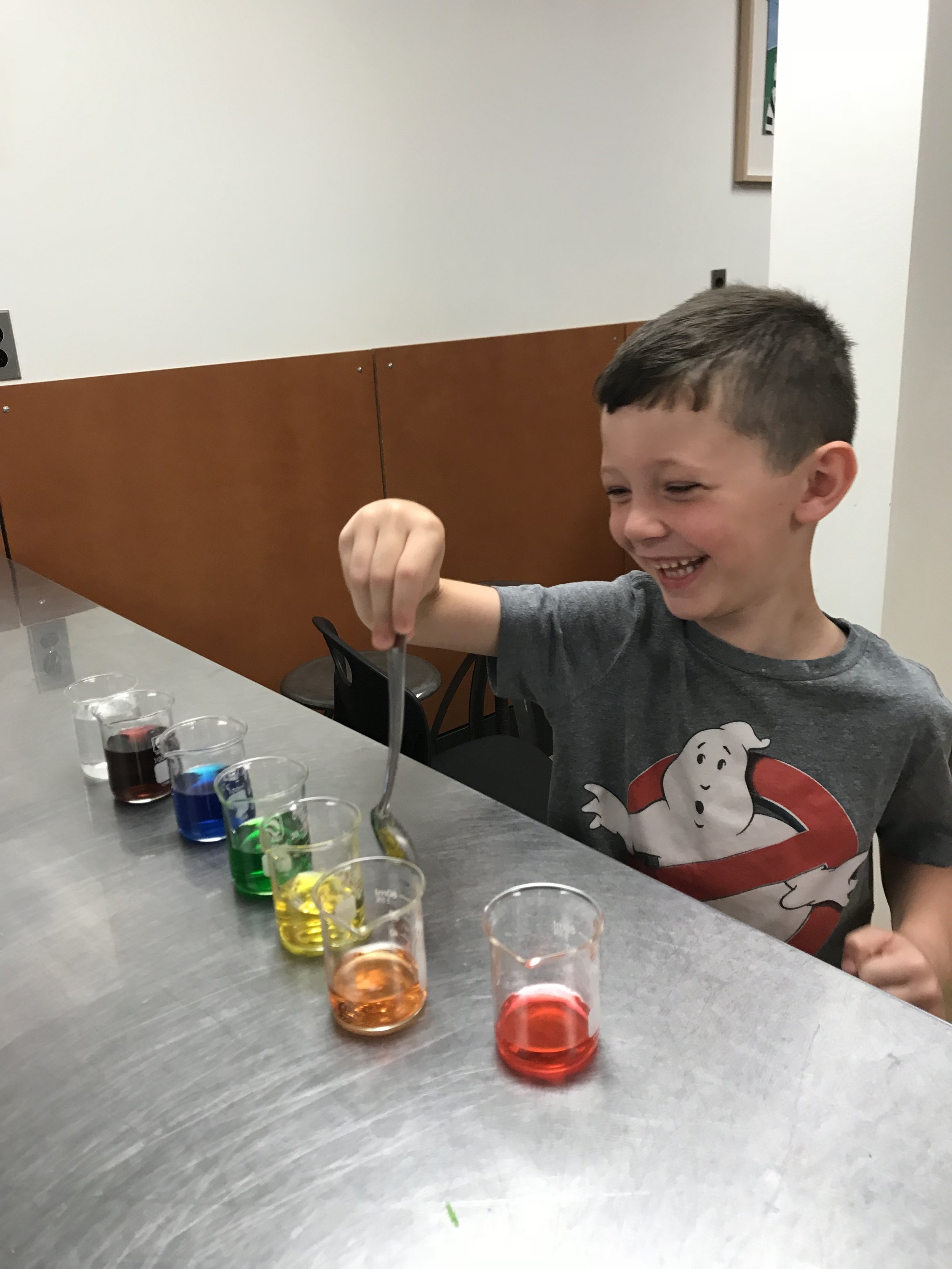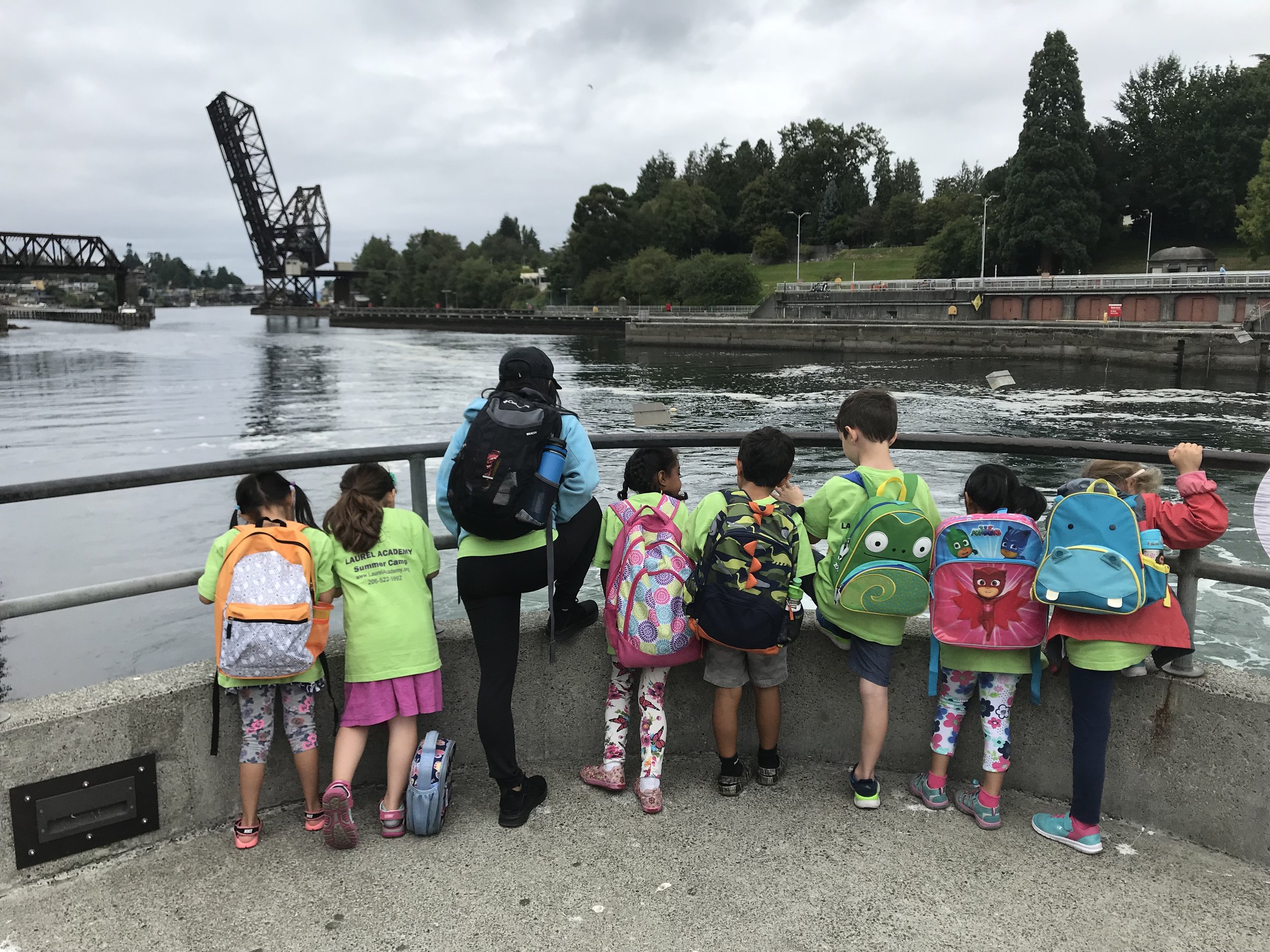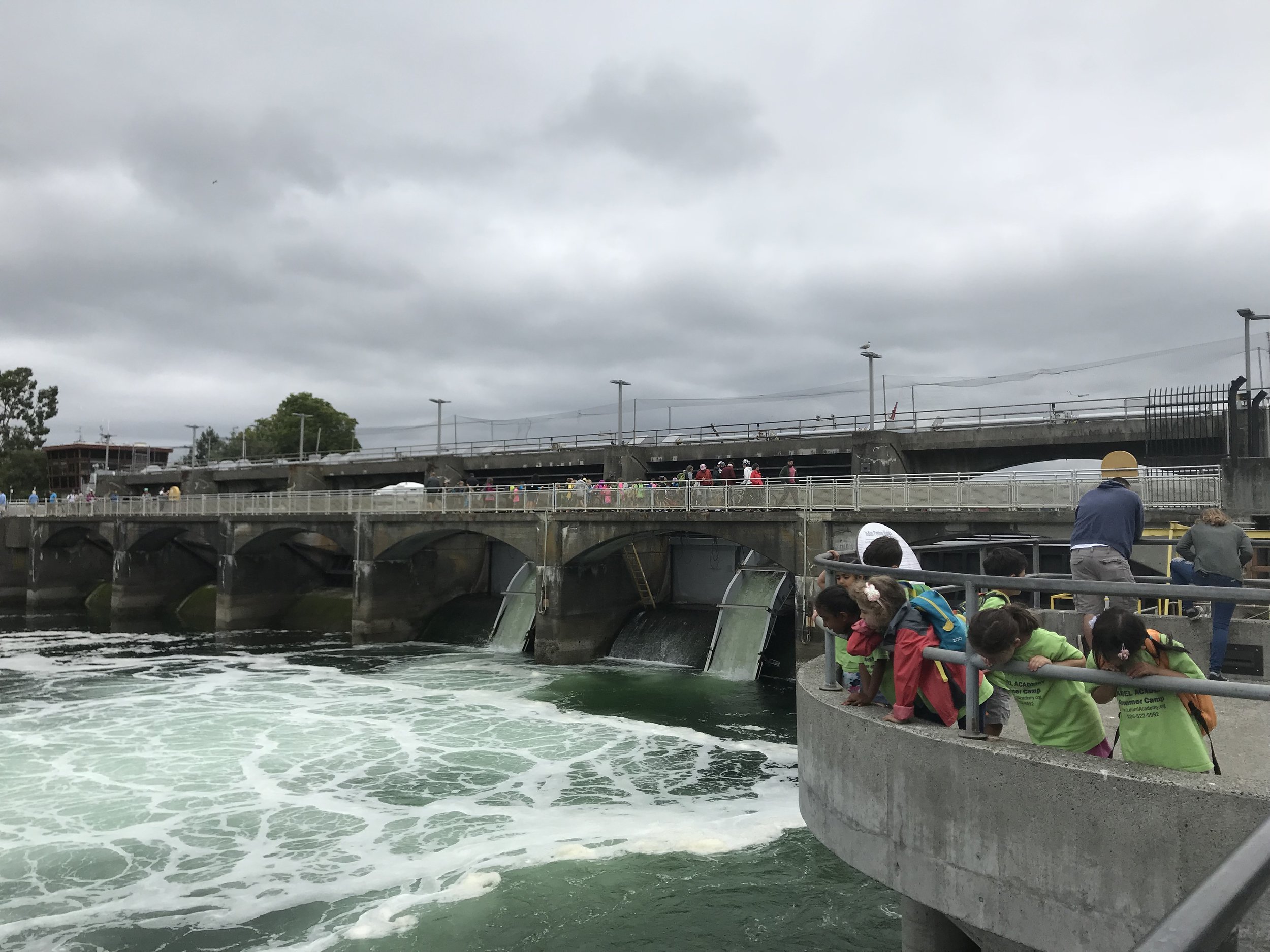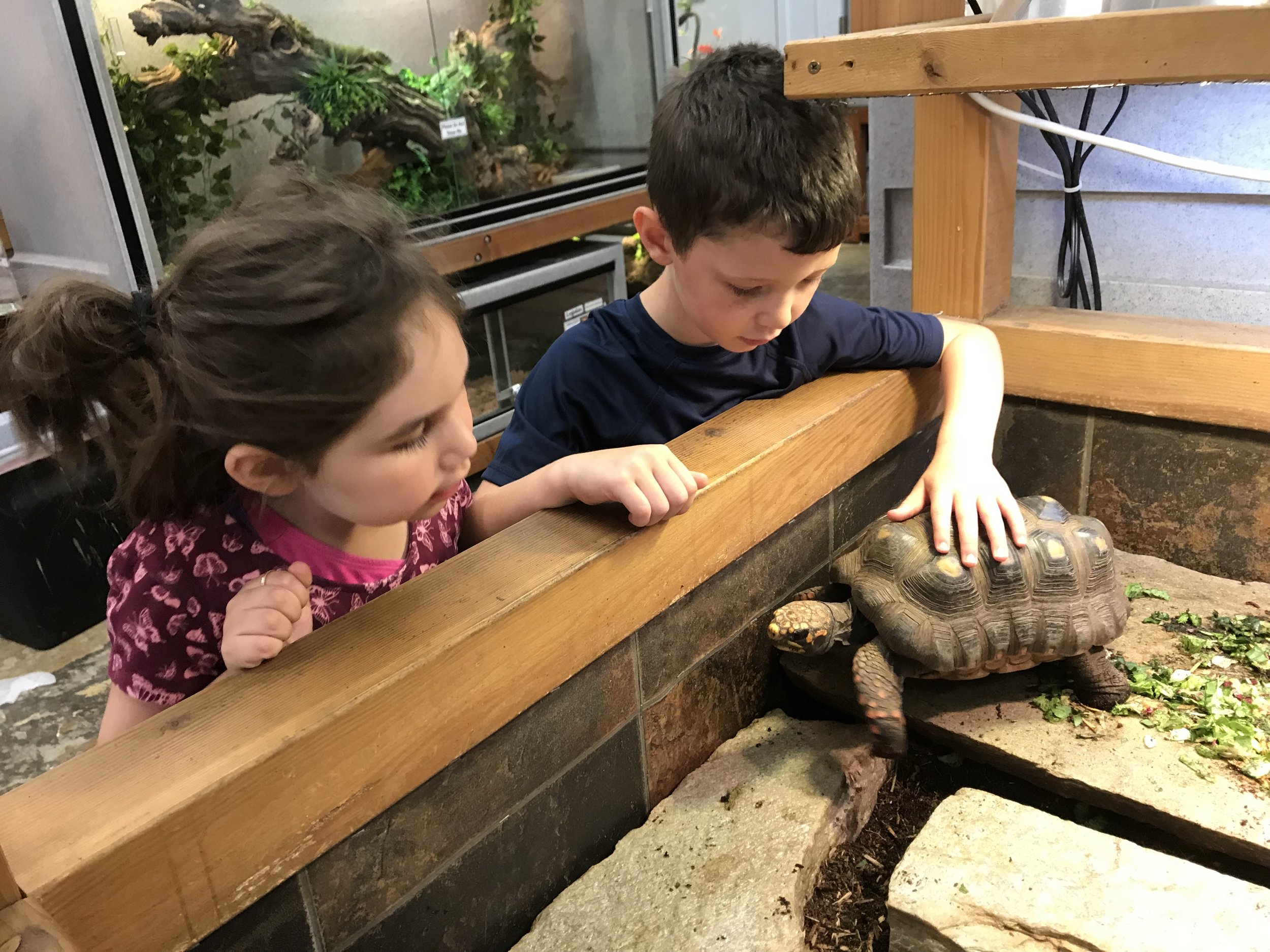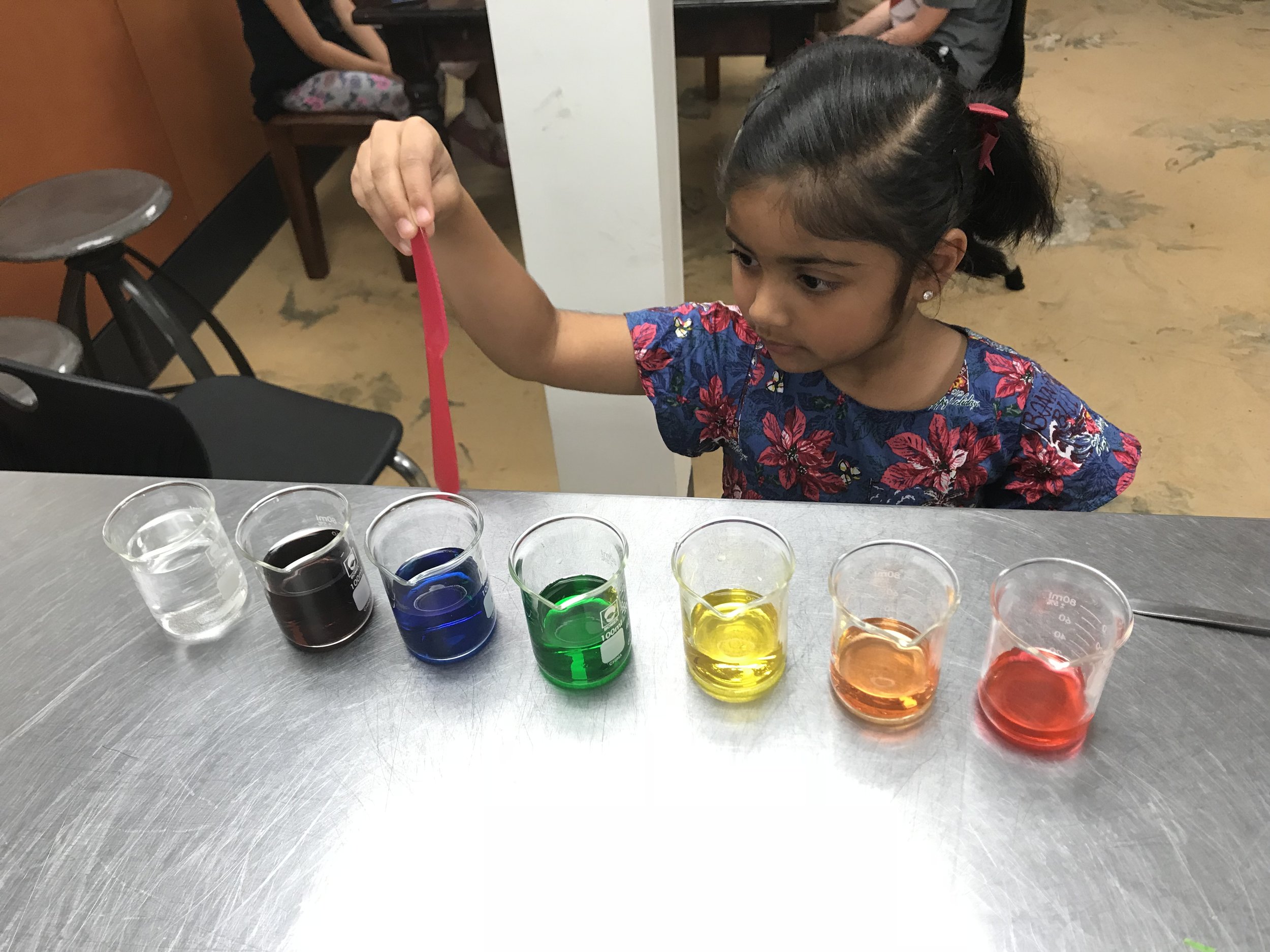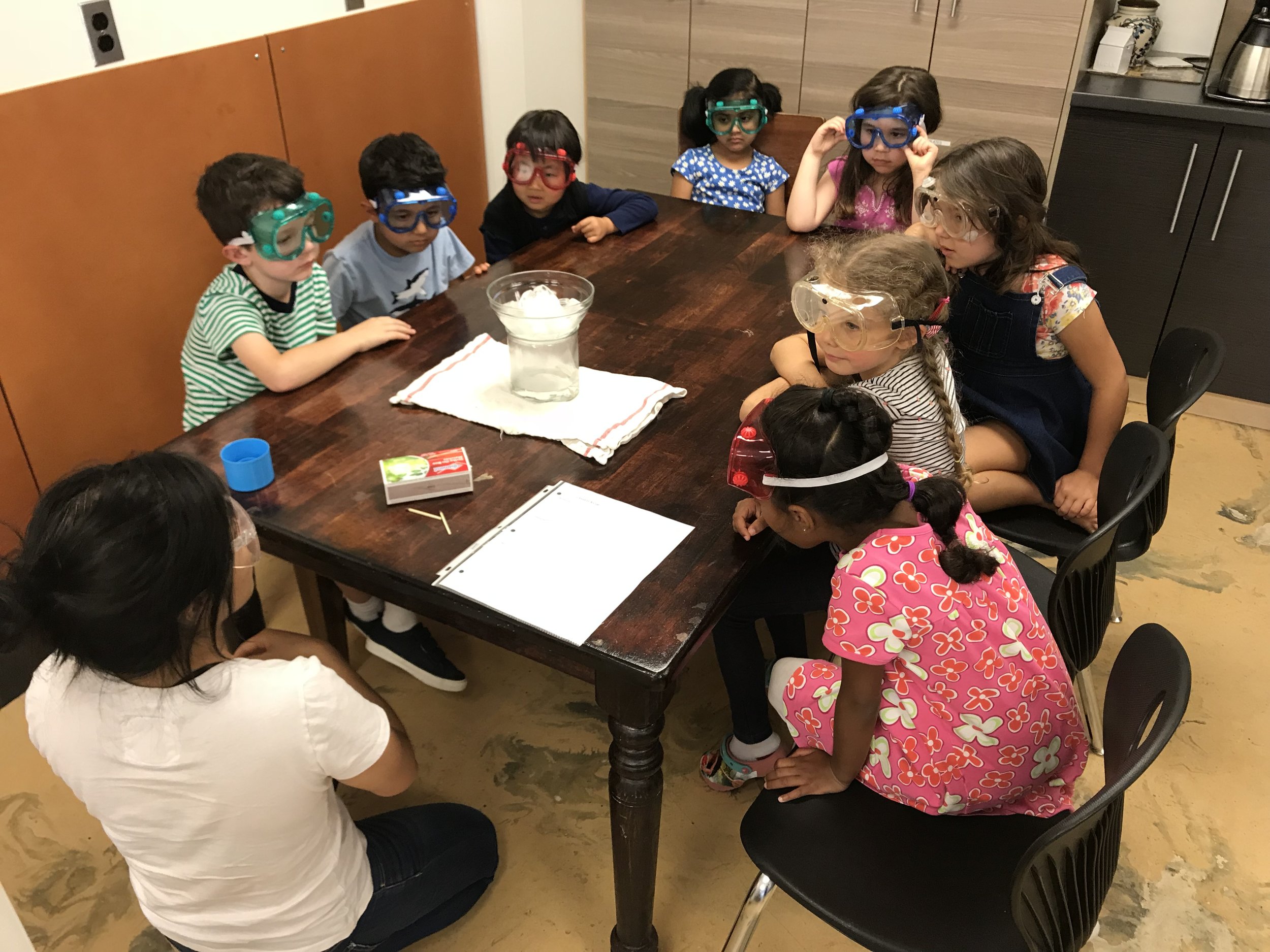Math
We approach mathematics through concrete and visual means before proceeding to abstract concepts. Through the use of plenty of hands-on manipulatives, students are engaged in the thinking process and learn how to clearly communicate mathematical ideas.
Our math curriculum includes Primary Mathematics, which was originally created by the Singapore Ministry of Education and written by a team of Singapore teachers. In fact, Singapore 4th grade students who participated in TIMSS (Trends in International Mathematics and Science Study, which takes place every 4 years) in 1995, 1999, 2003, 2007, 2011, and 2015 scored top place for mathematics.
While Seattle Public Schools uses a math curriculum based on Singapore’s Primary Mathematics, we wanted the full program.
Primary Mathematics follows the five key learning models integrated in the Singapore math approach: Concrete-Pictorial-Abstract approach, model drawing, teaching to mastery, spiral progression and metacognition.
You can see samples of textbooks, workbooks, and teacher guides here: http://www.singaporemath.com/Math_Samples_s/315.htm
Additionally, we supplement math workbooks with ST Math, an online math game curriculum. It is a wordless, completely visual approach to math that our students simply can’t get enough of! To view a demonstration, simply click here: https://www.stmath.com/play
As a additional perk, we offer free access to Reflex Math, which hosts online math games to develop fact fluency.
Reader's and Writer's Workshop
The ability to read and write gives access to an entire world of discovery, and the ability to teach oneself. As such, our flexible workshop framework allows each child a simple and predictable set of lessons to achieve mastery in reading, speaking, listening, and writing.
While the content of each workshop may change, the framework remains the same.
A workshop session begins with a mini lesson. Students are partnered up with their “session partner”, who may provide assessments, collaboration, recommendations, and feedback throughout class.
After the lesson, students split off to work independently. This allows the teacher to circulate to each child, offering individual assistance and small-group lessons.
At the conclusion of the workshop, students share their work or progress with their peers.
This PDF gives a greater insight to the overview of a workshop’s structure.
The Arts
We consider that art, in any form, is a key element of our curriculum. Whether it be visual art, music, dance, or theater, students engage in expression every day.
Students receive weekly art classes, and you can see our ever-changing gallery, or take a peek directly in the art room for in-progress works.
Music is explored through rhythm, pitch, composition, and playing musical instruments, and we hold daily music classes for all. Those interested are welcome to take private piano, ukulele, and guitar lessons.
Performances that showcase music and/or dance are held in the winter and spring.
Theater productions are held every other year, and our most recent performance, Aesop’s Fables, was performed in March 2018, which you can watch here.
Our auditorium serves as a fantastic gathering place for events of all kinds.
STEAM
More commonly known as STEM (Science, Technology, Engineering, and Math), STEAM is simply STEM + Art. This class blends real-world engineering concepts with art and design for activity-based learning.
In our ever-changing world, the future generation faces problems that will require creative solutions, and we want to spark irrepressible explorers who can engage strong critical-thinking and problem-solving muscles.
Whether we explore how to build your own musical instrument, design a magnet maze, participate in a pinewood derby, or create a fibonacci art project, students are engaged through countless endeavors.
Want to build a robot or launch a rocket? We do that too.
Life Skills and Character Building
Sometimes a student’s interest grows beyond a traditionally academic subject. We encourage everyone to bring their unique curiosity to the table and explore how far they can go.
Is your family going on a weekend backpacking trip and you’d like to know what to pack? Let’s figure it out. How about sticking to a budget when at the grocery store? Check.
We hold life skills classes like cooking, manners, and gardening, and students are given responsibilities through weekly chores around school.
Personal values are also part of the bedrock of a gratifying life. To this end, we believe the ability to recognize a responsibility and honesty for oneself and others is vitally important, and take group and individual opportunities to practice this skill.
Physical Education
Movement and exercise are an integral part of our educational day. As such, physical education not only improves a child’s muscular strength, but a developing set of motor skills, self-discipline, interpersonal skills, and joy in the great outdoors.
Students go outdoors for physical education each day, whether it be exploring our neighborhood on a Wednesday Walk, yoga, sports, or movement games.
Additionally, students learn about how to make healthy food choices for their growing bodies and busy minds.


